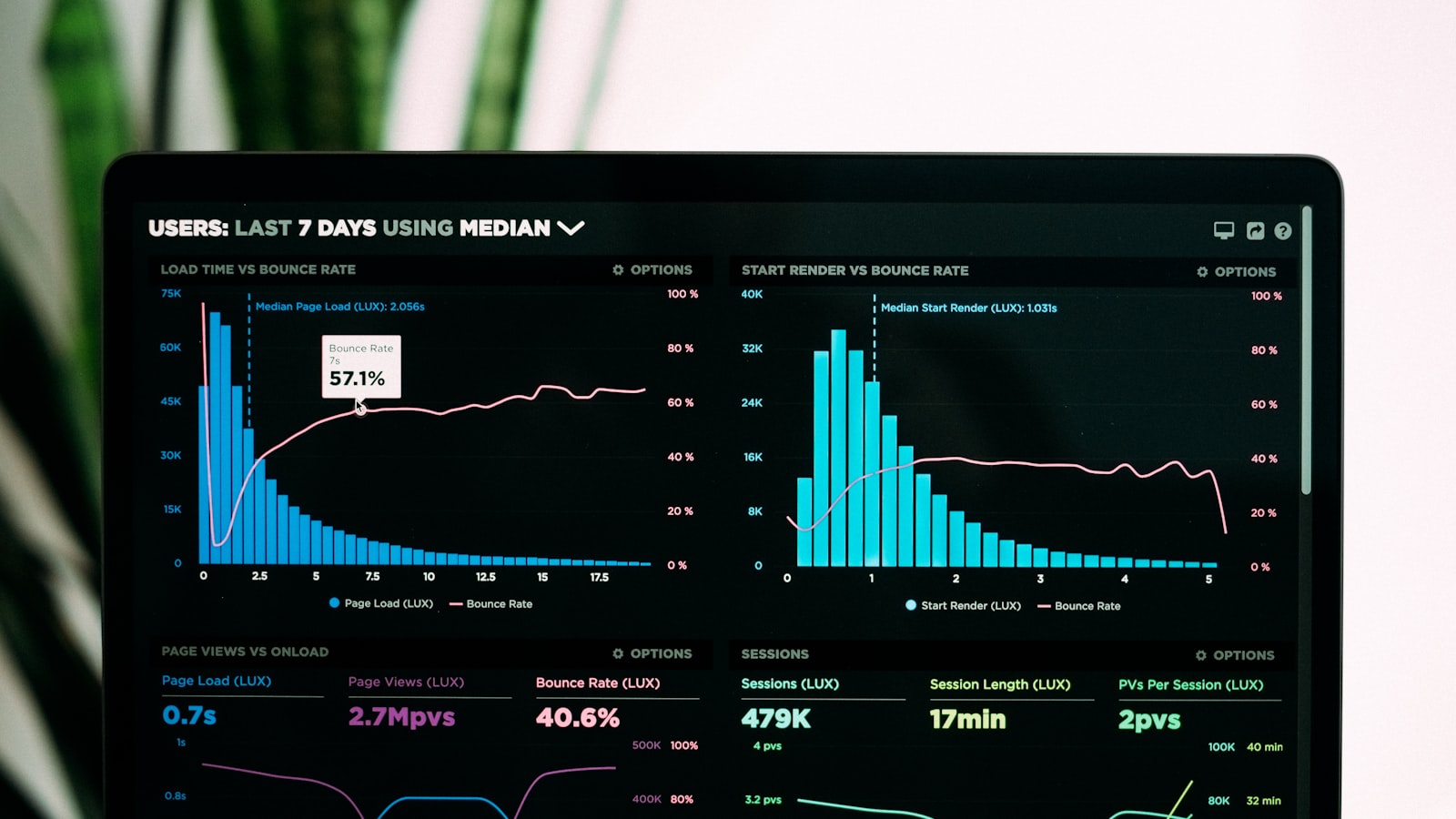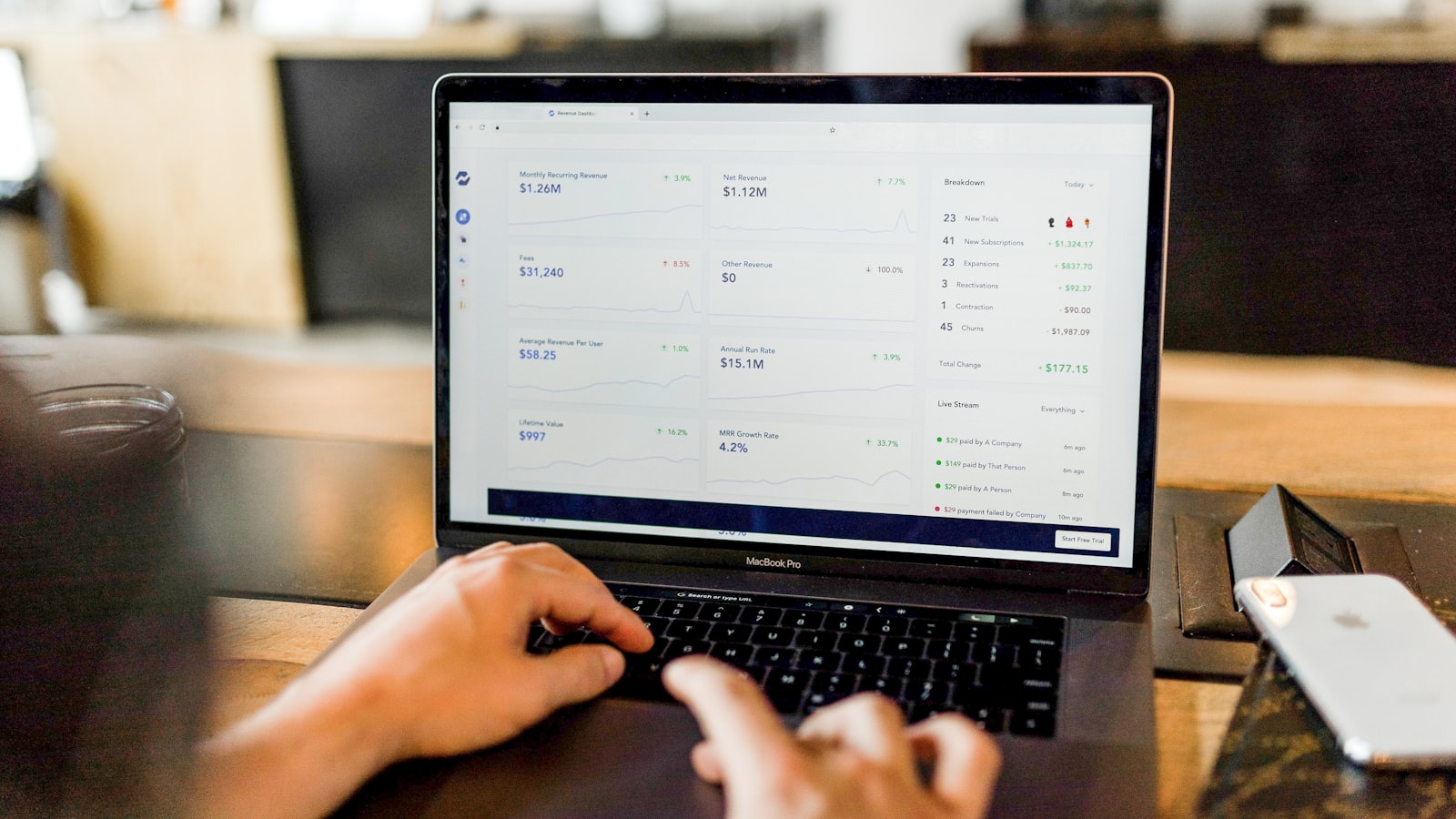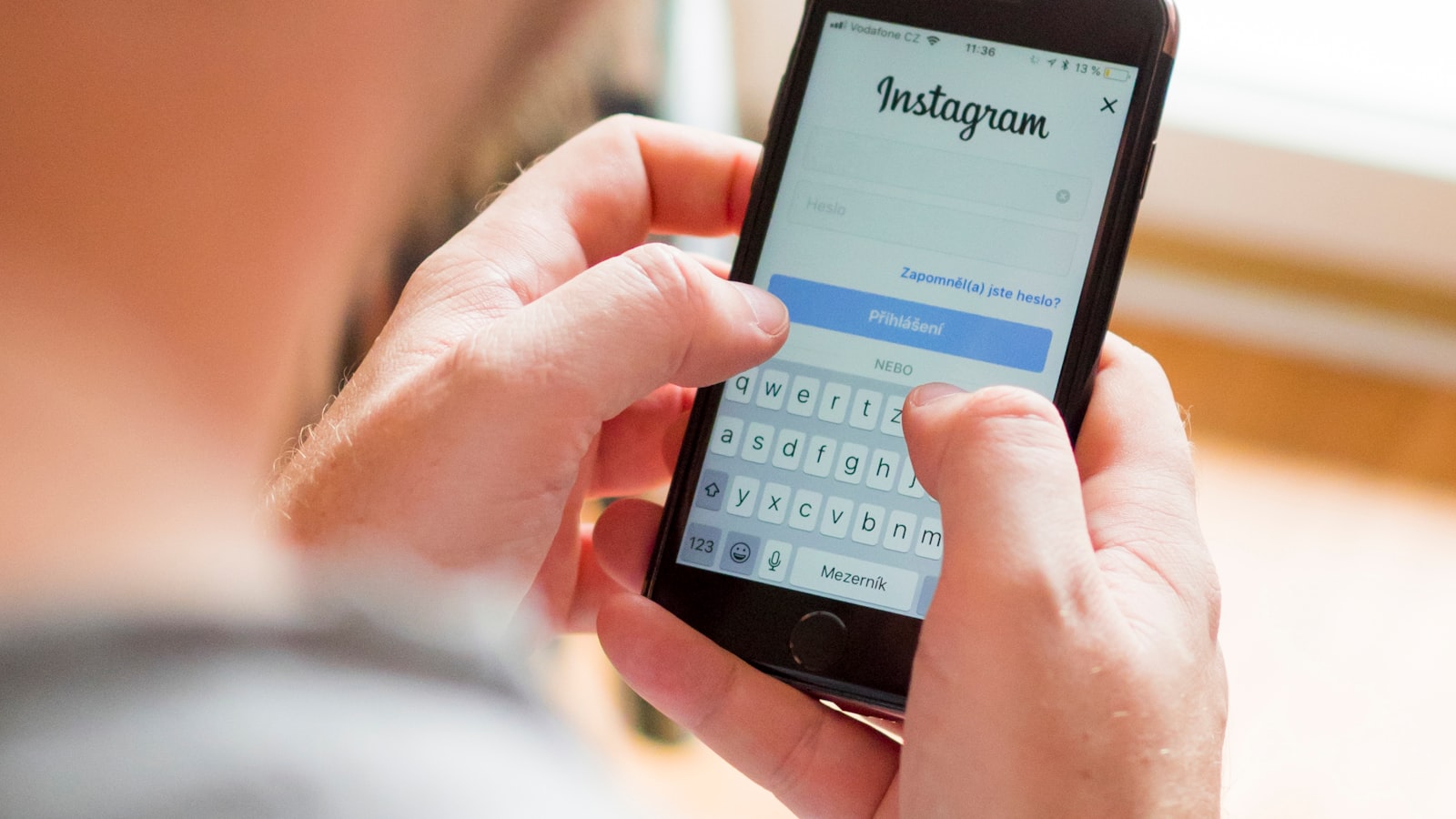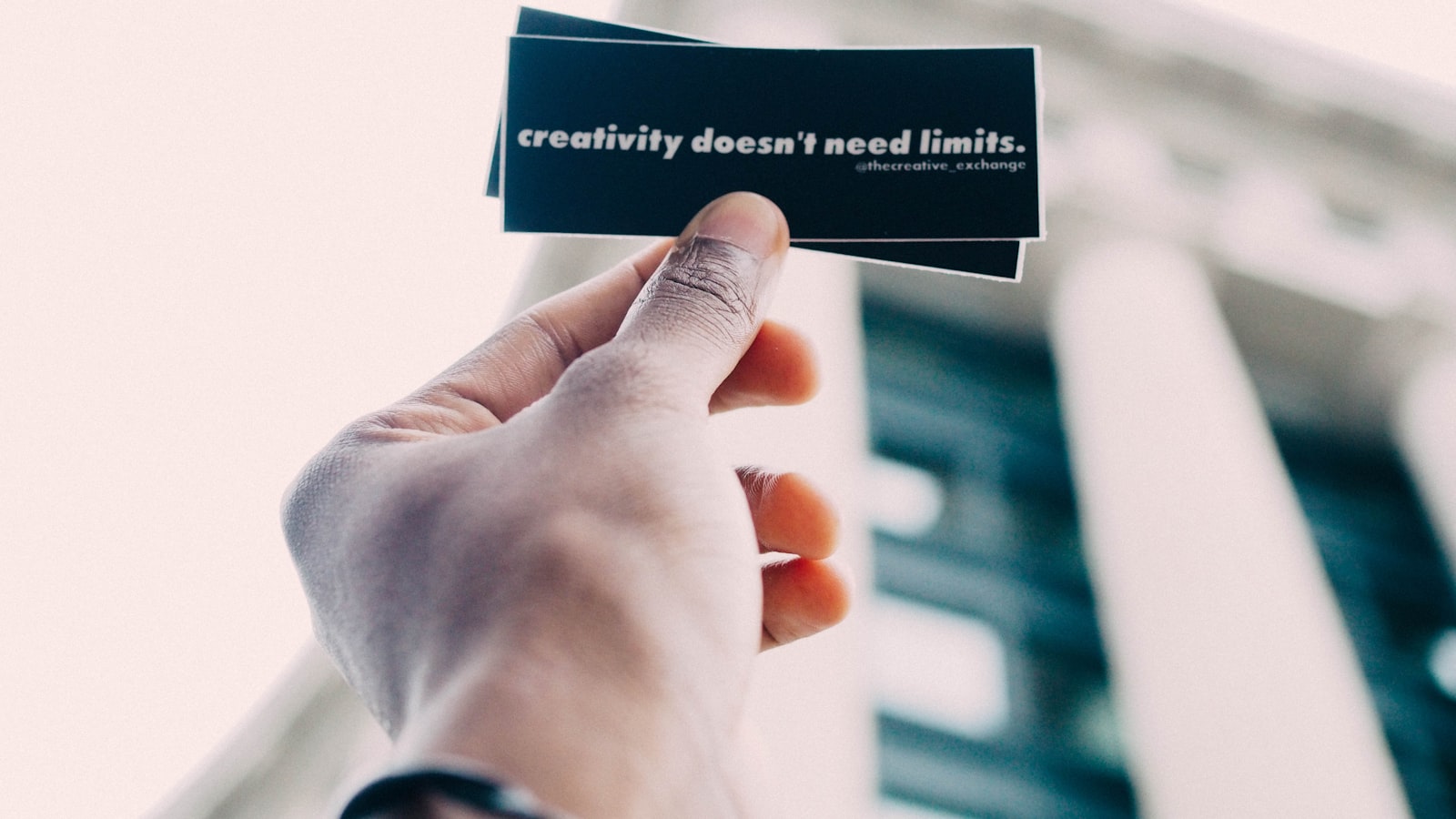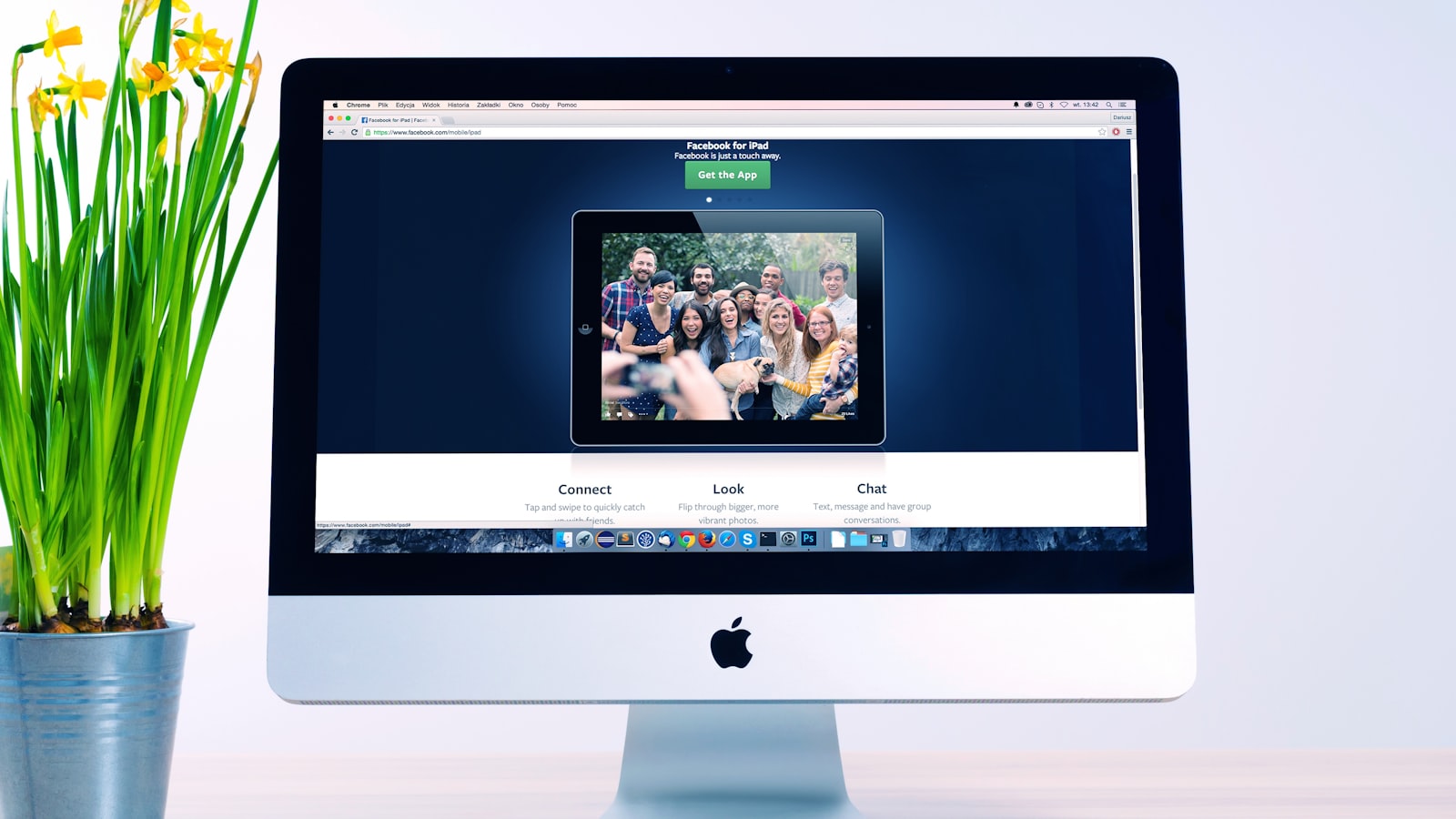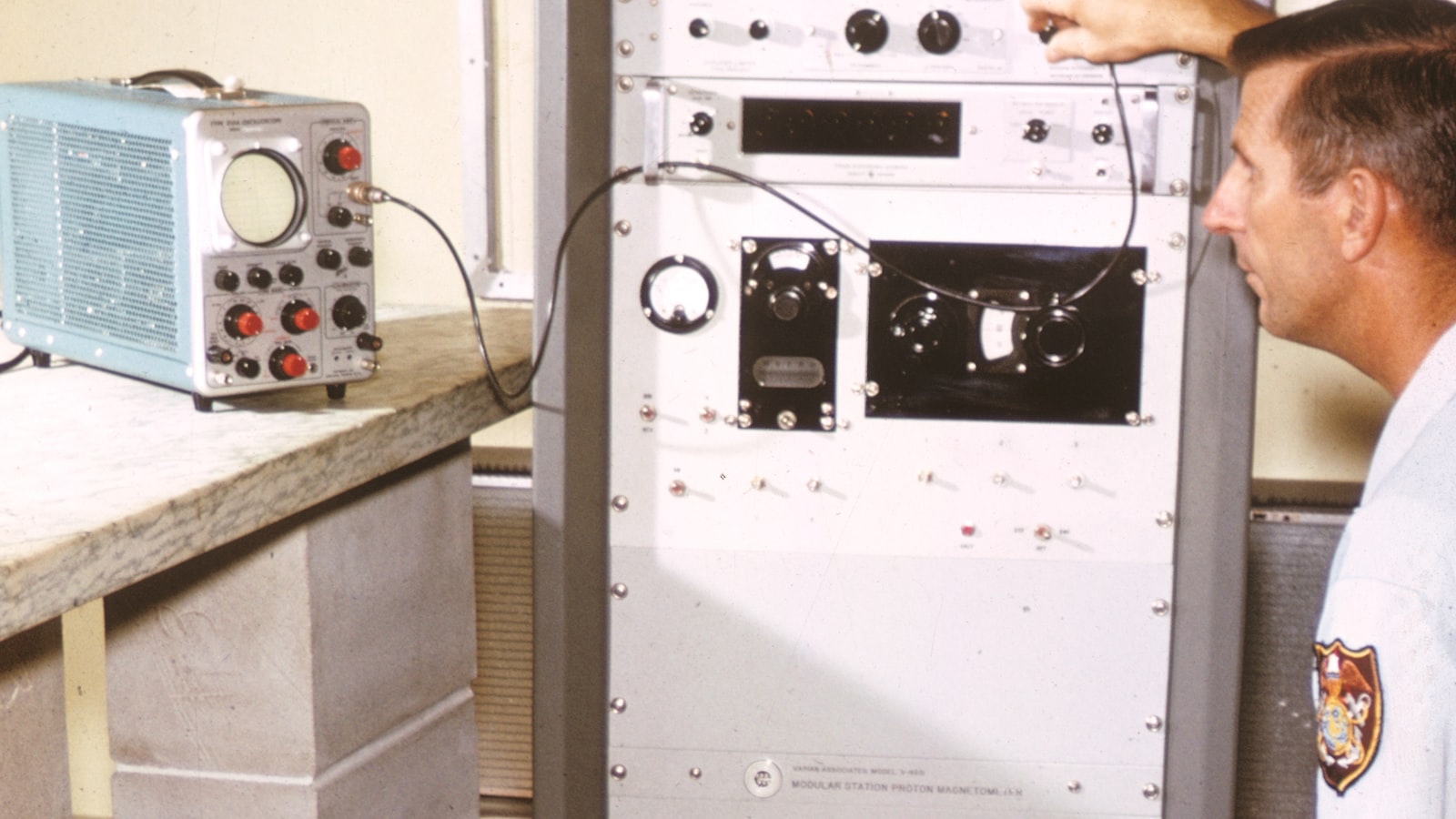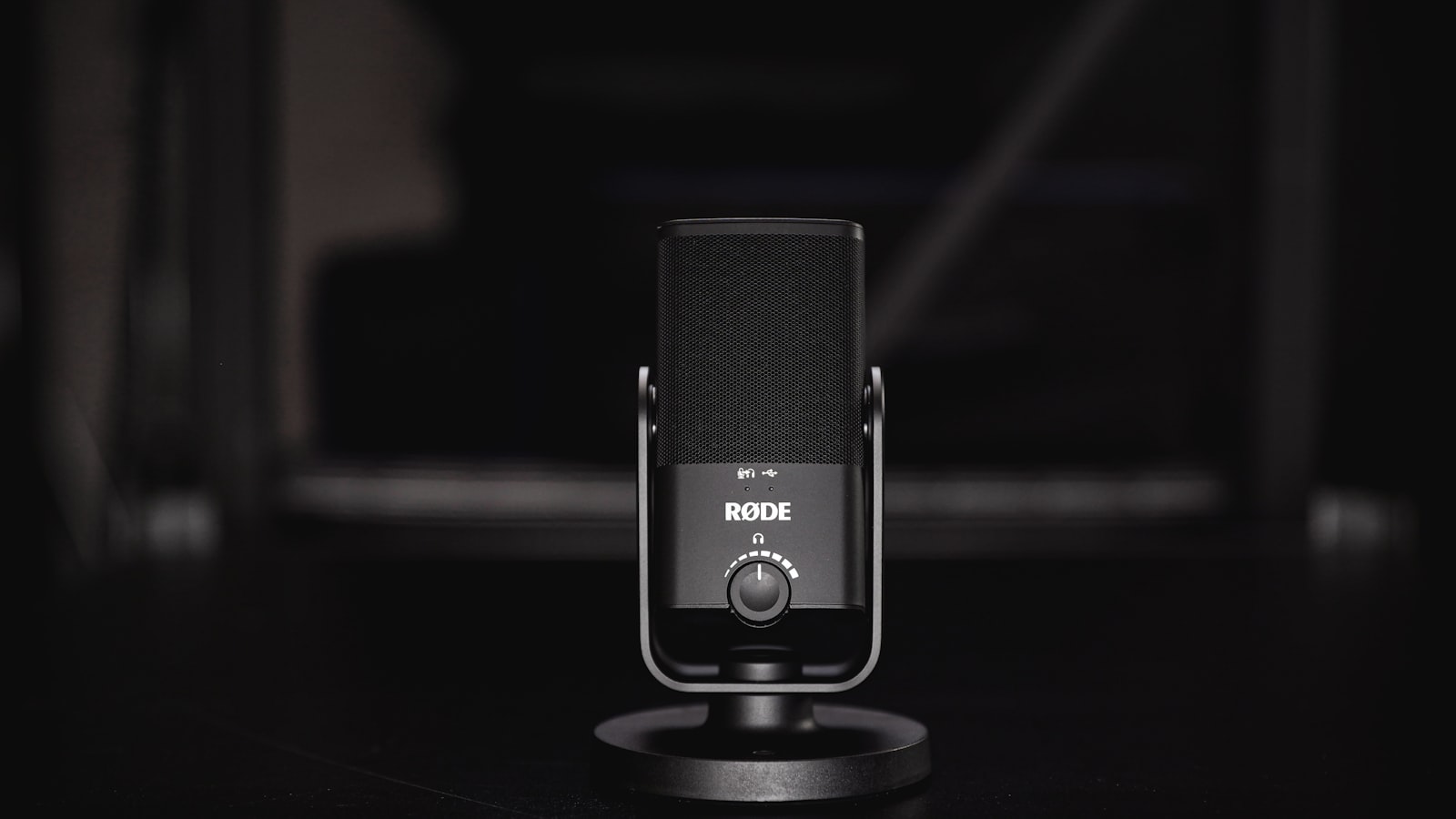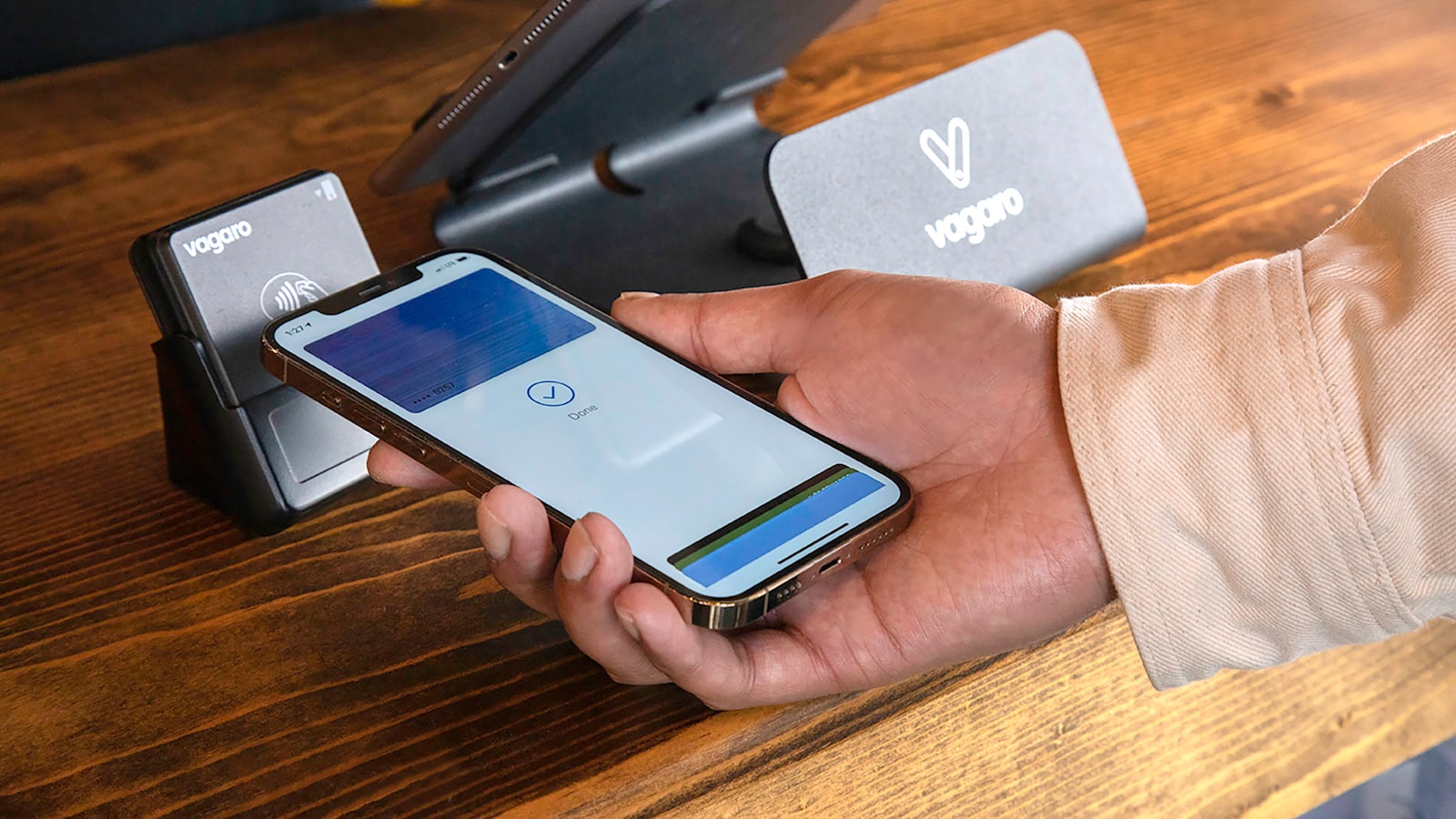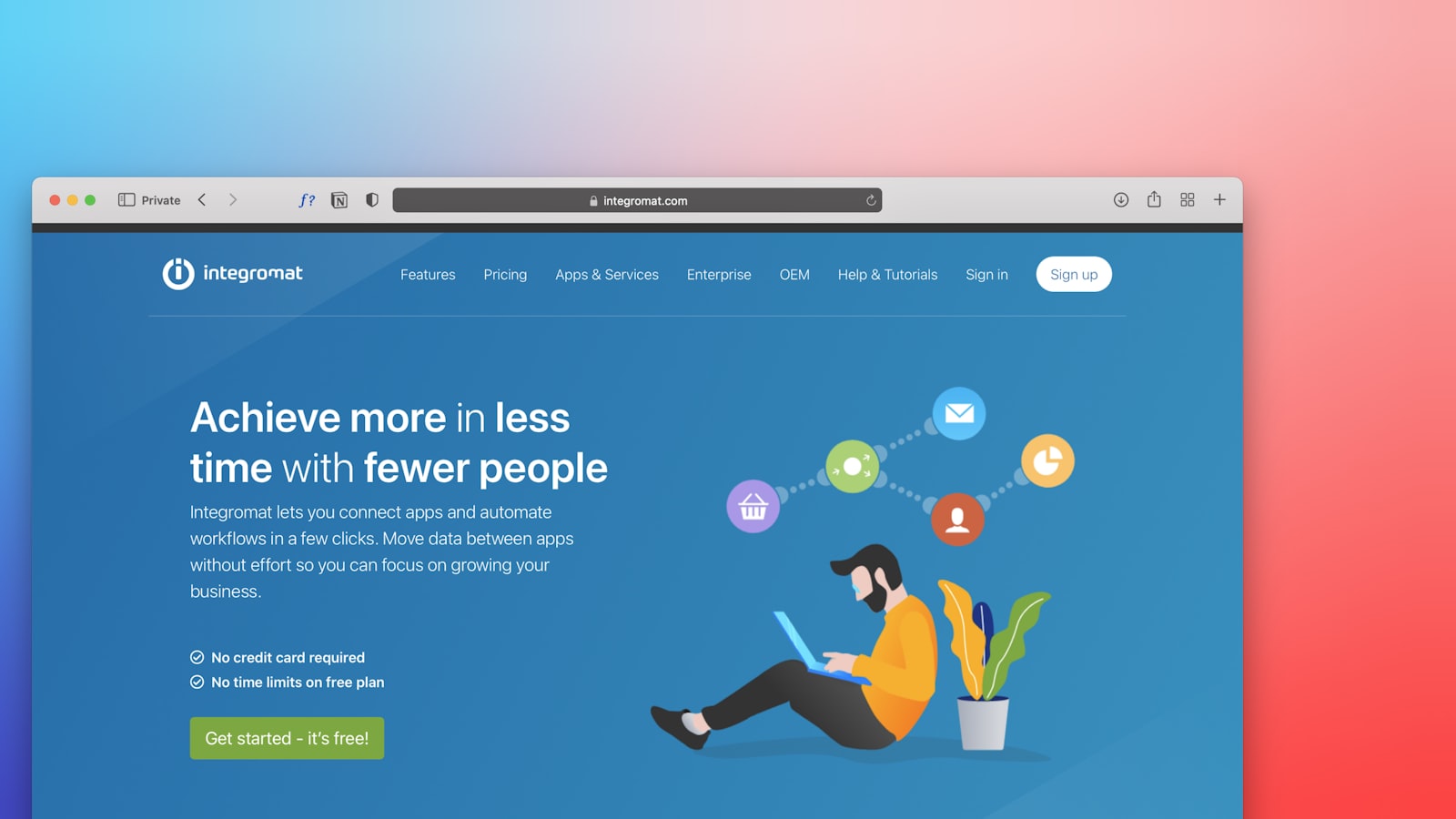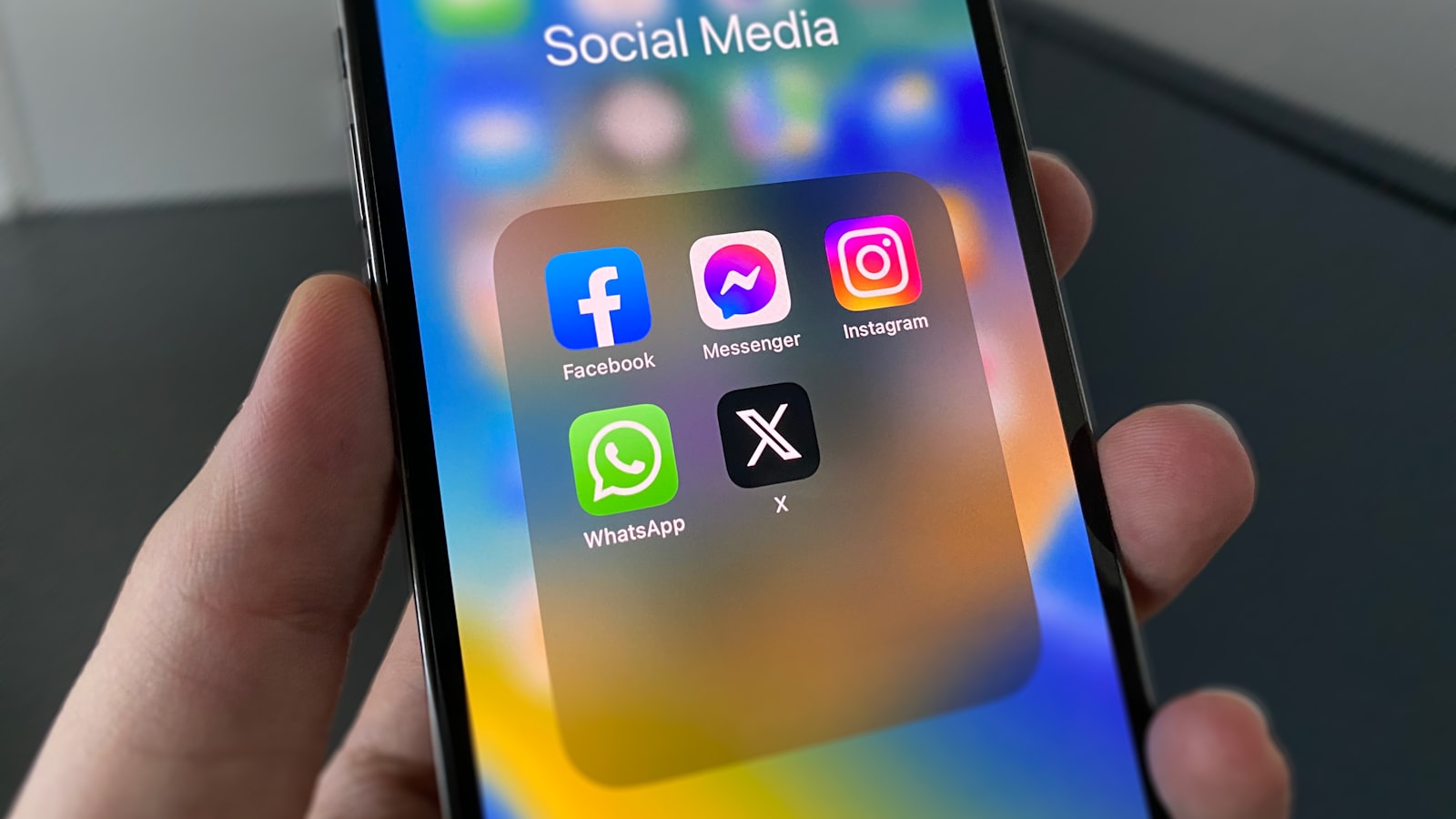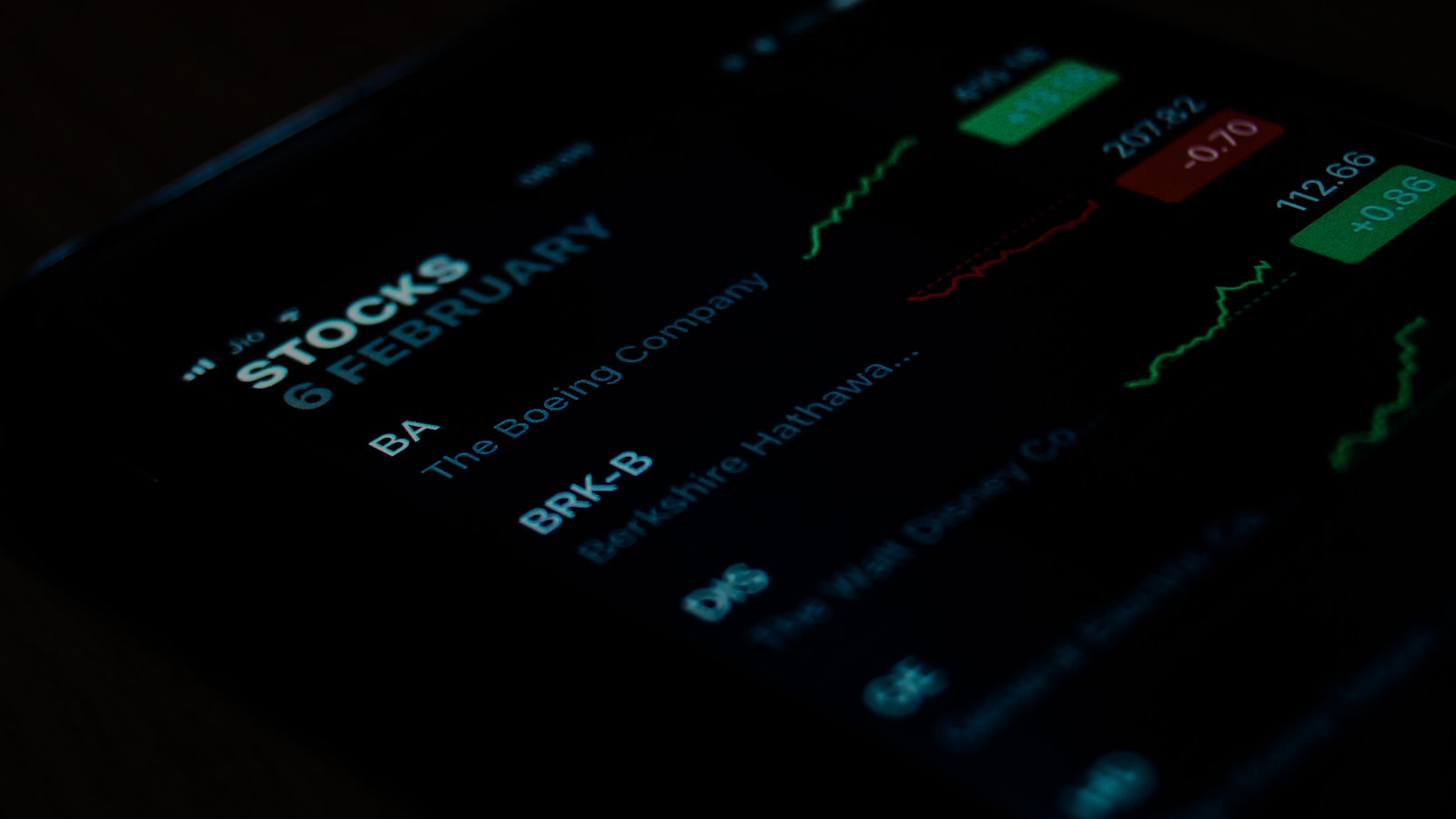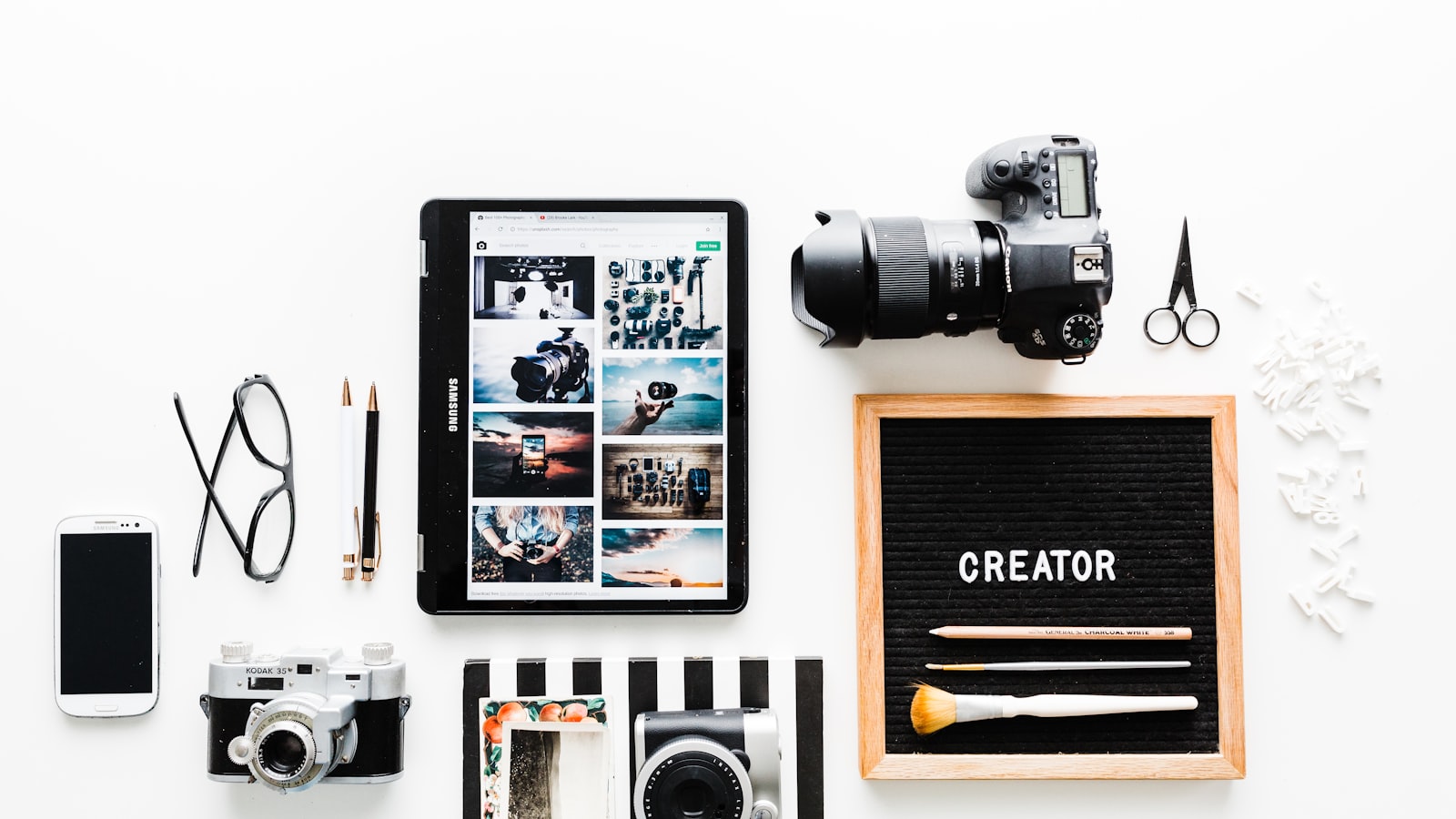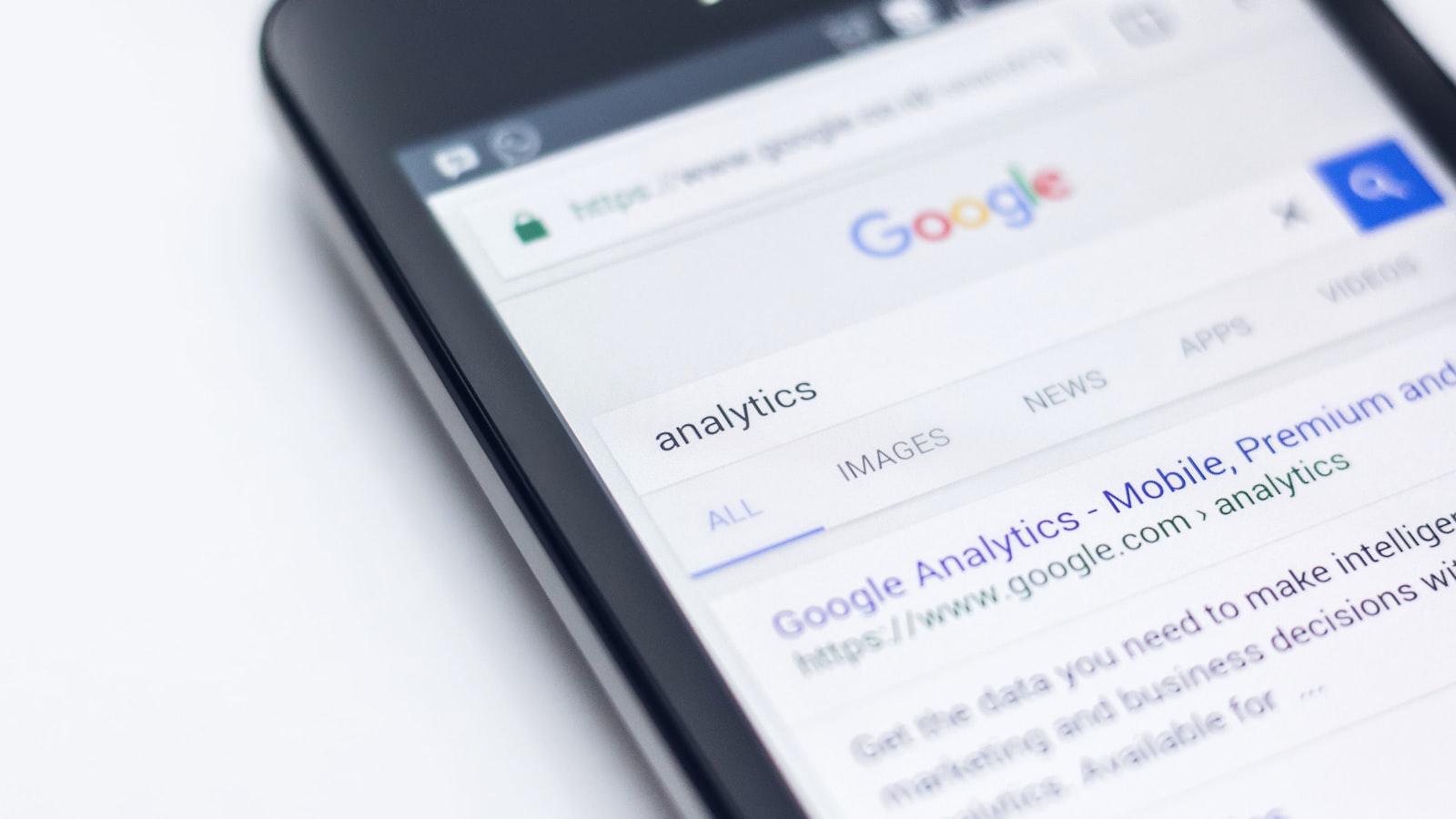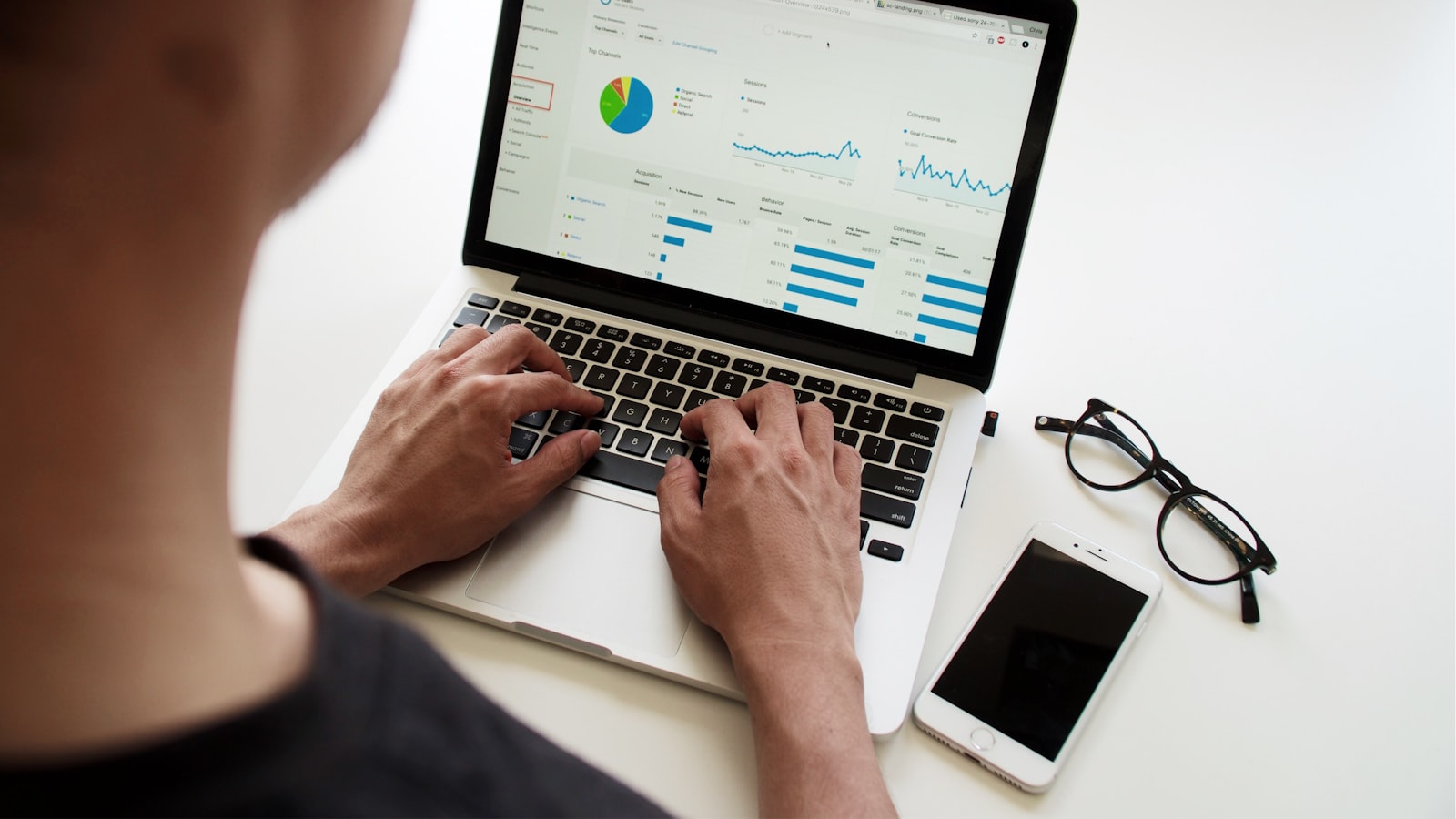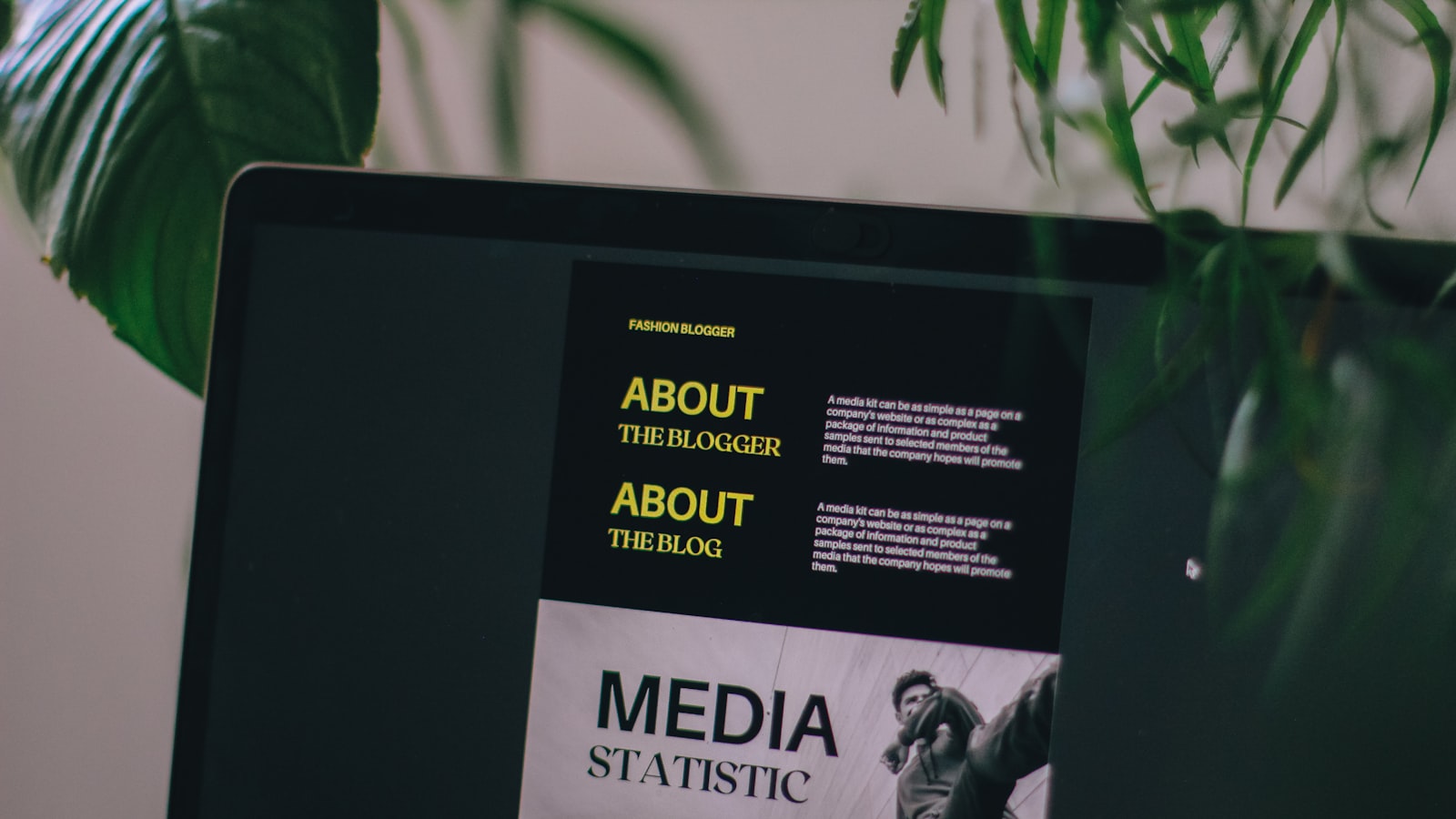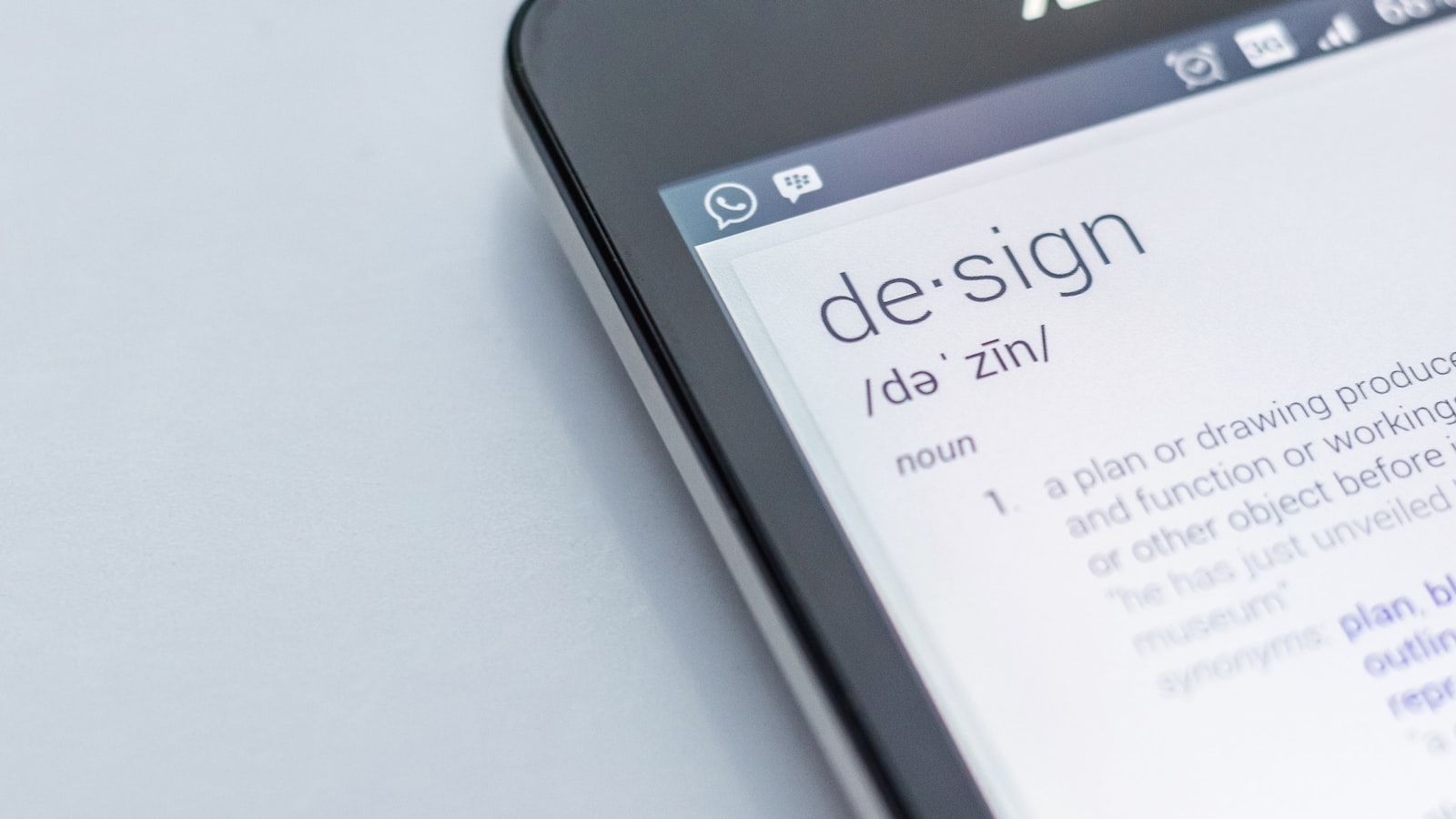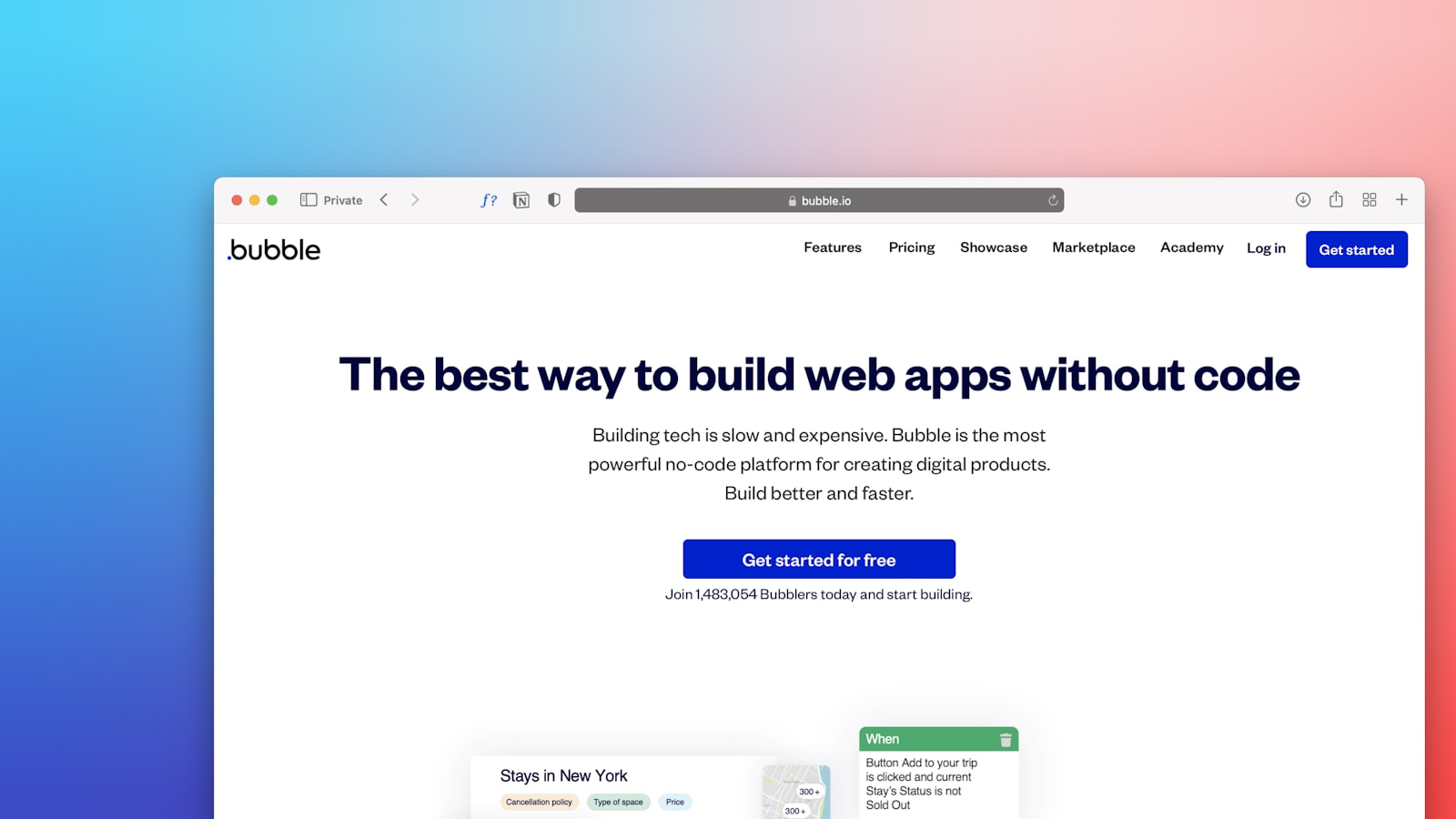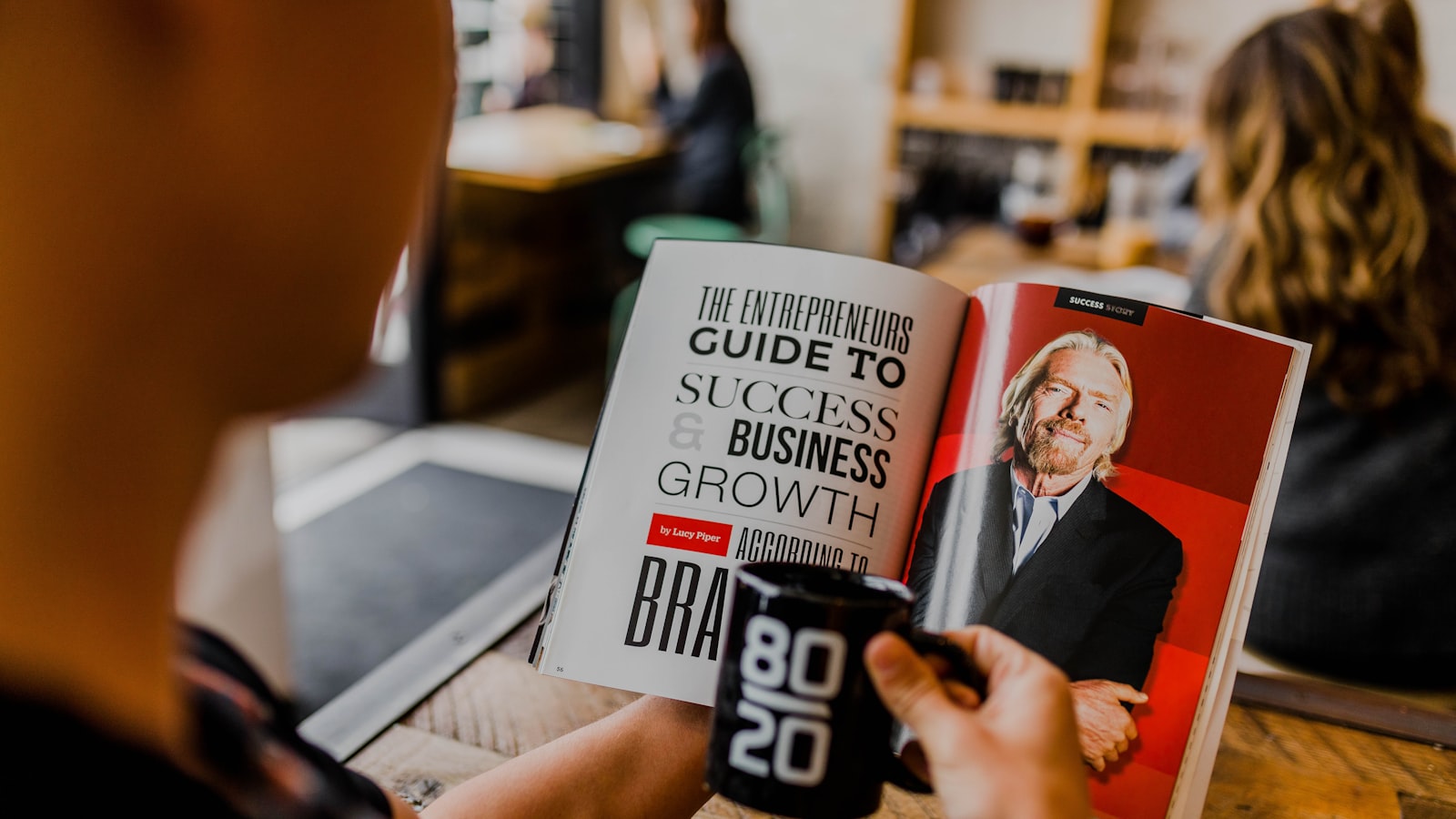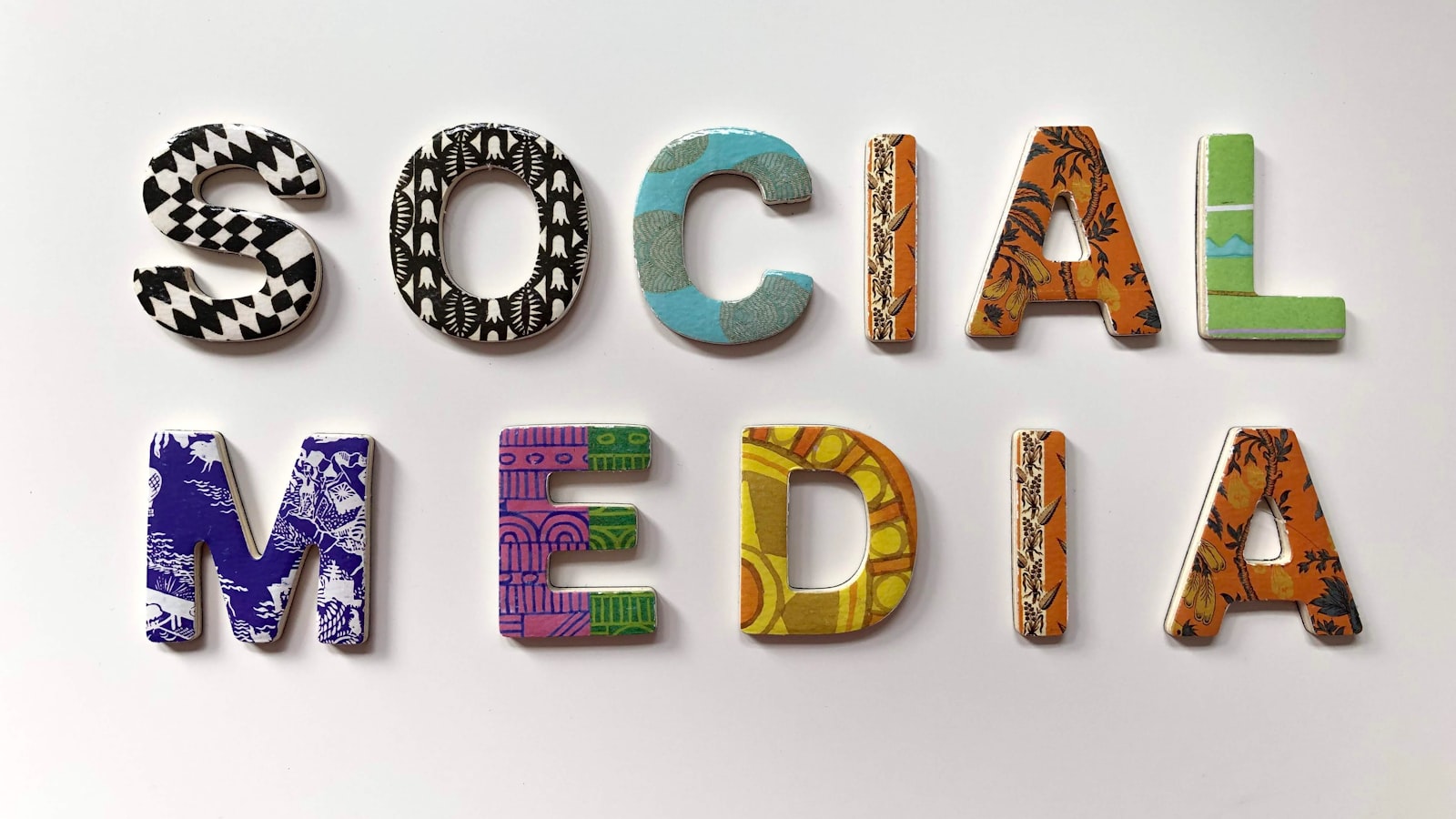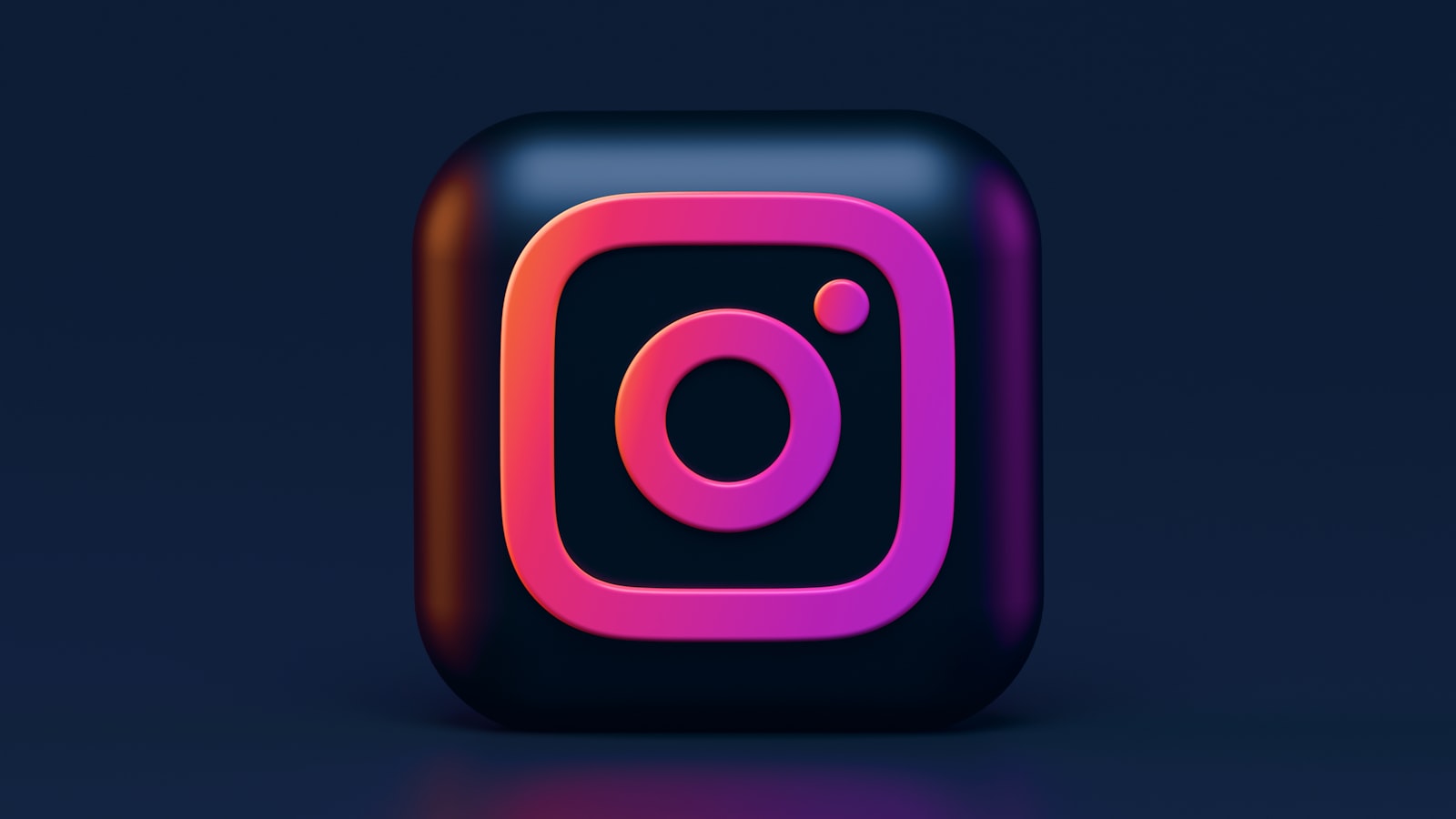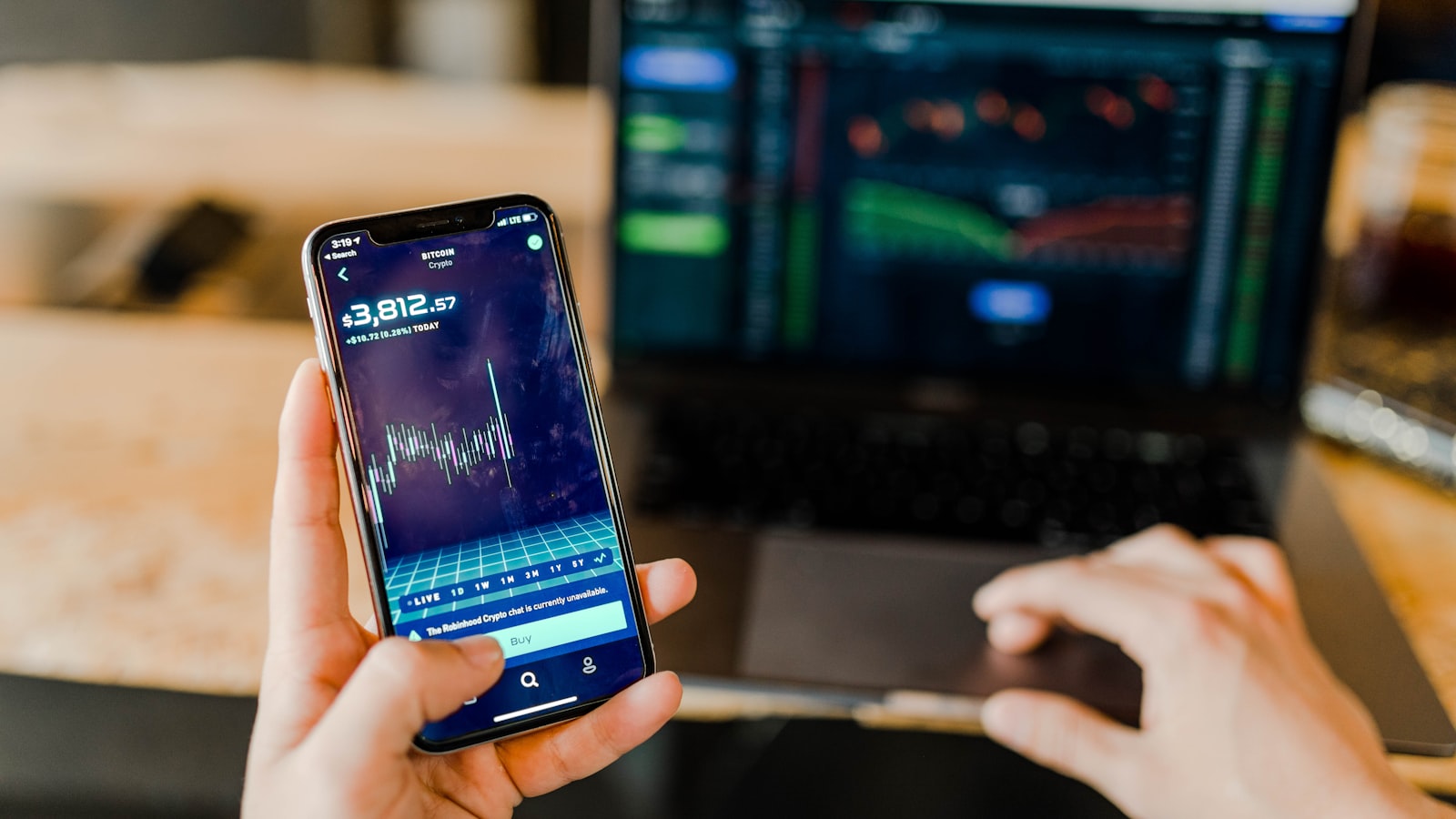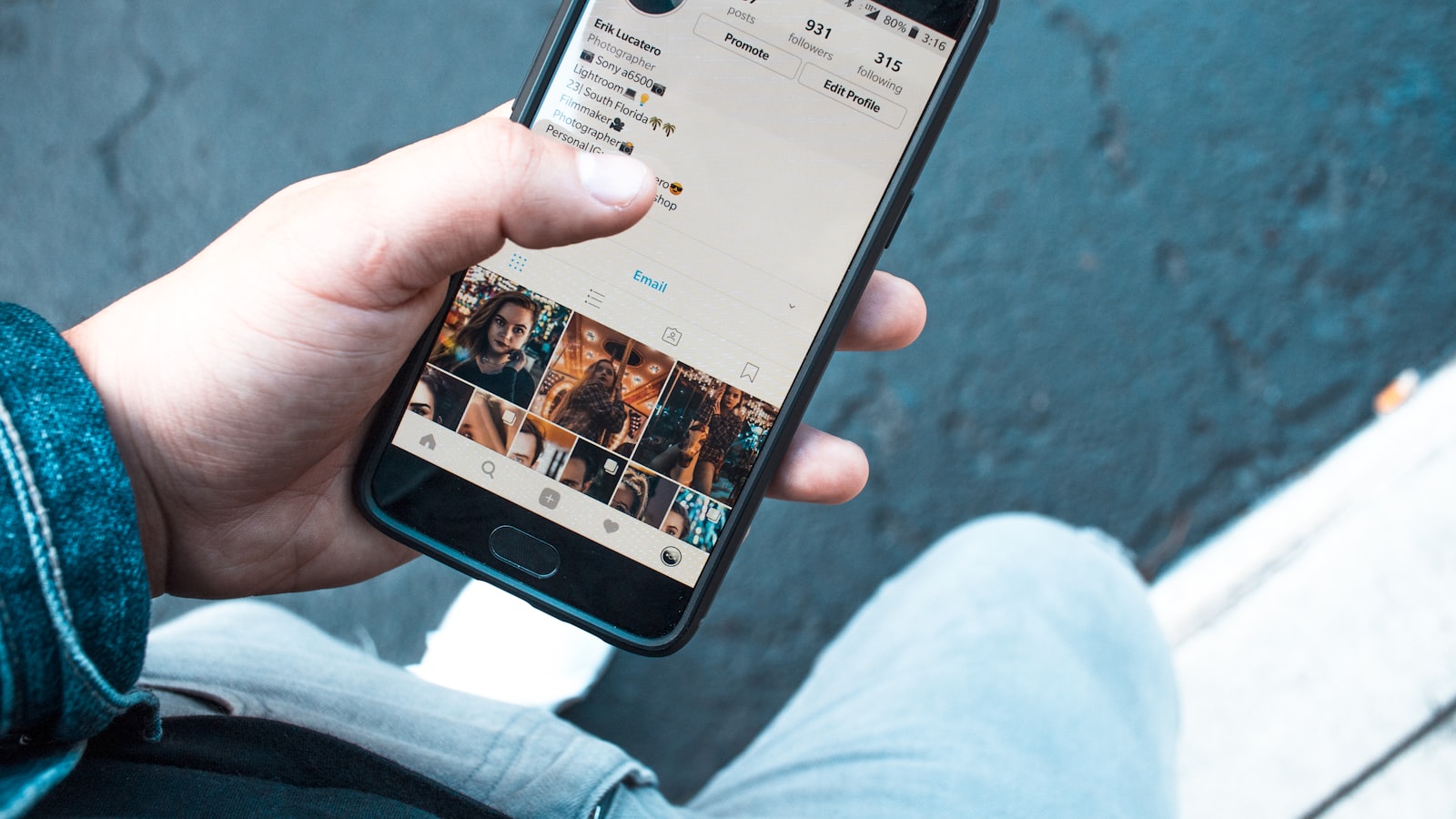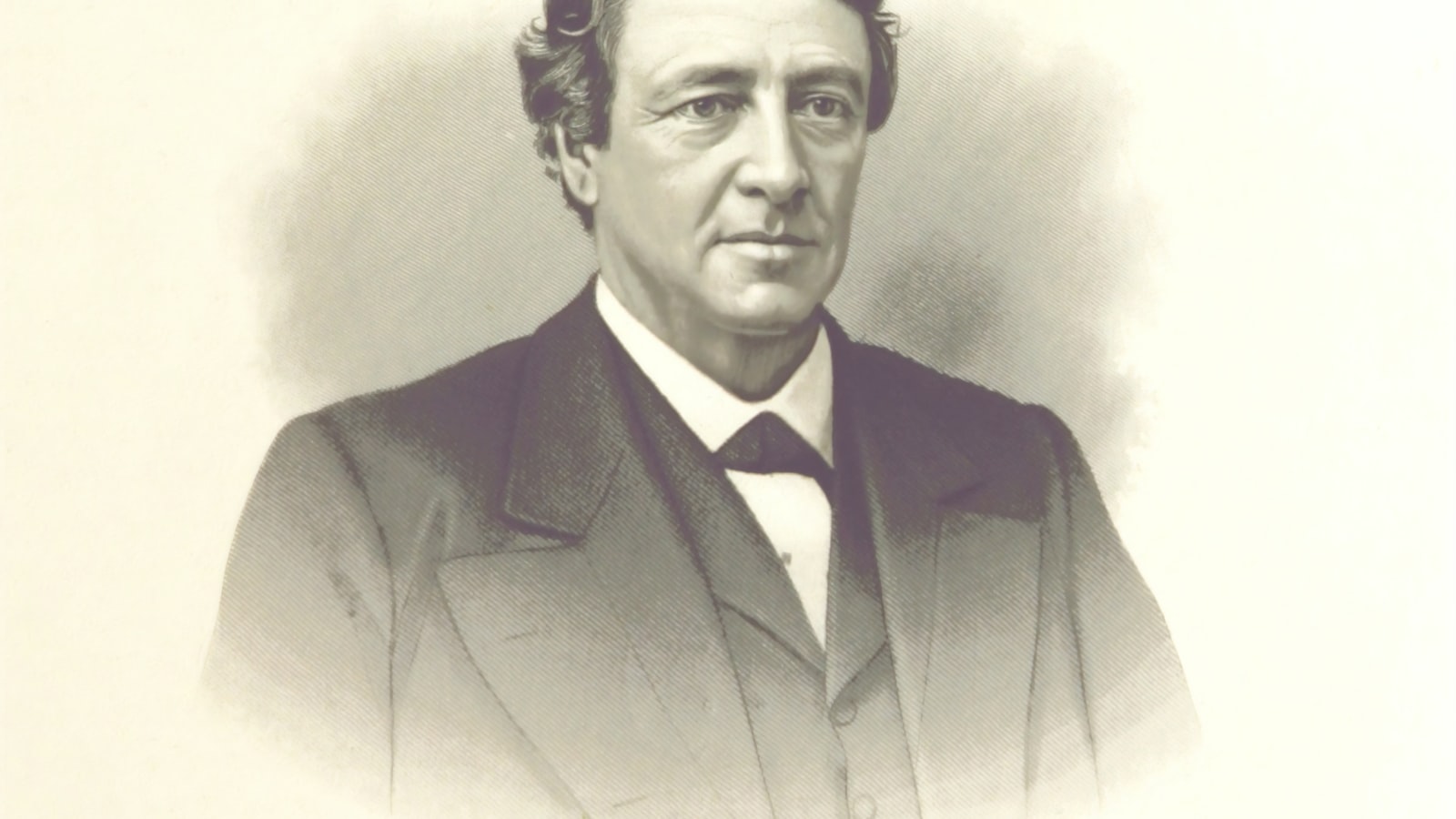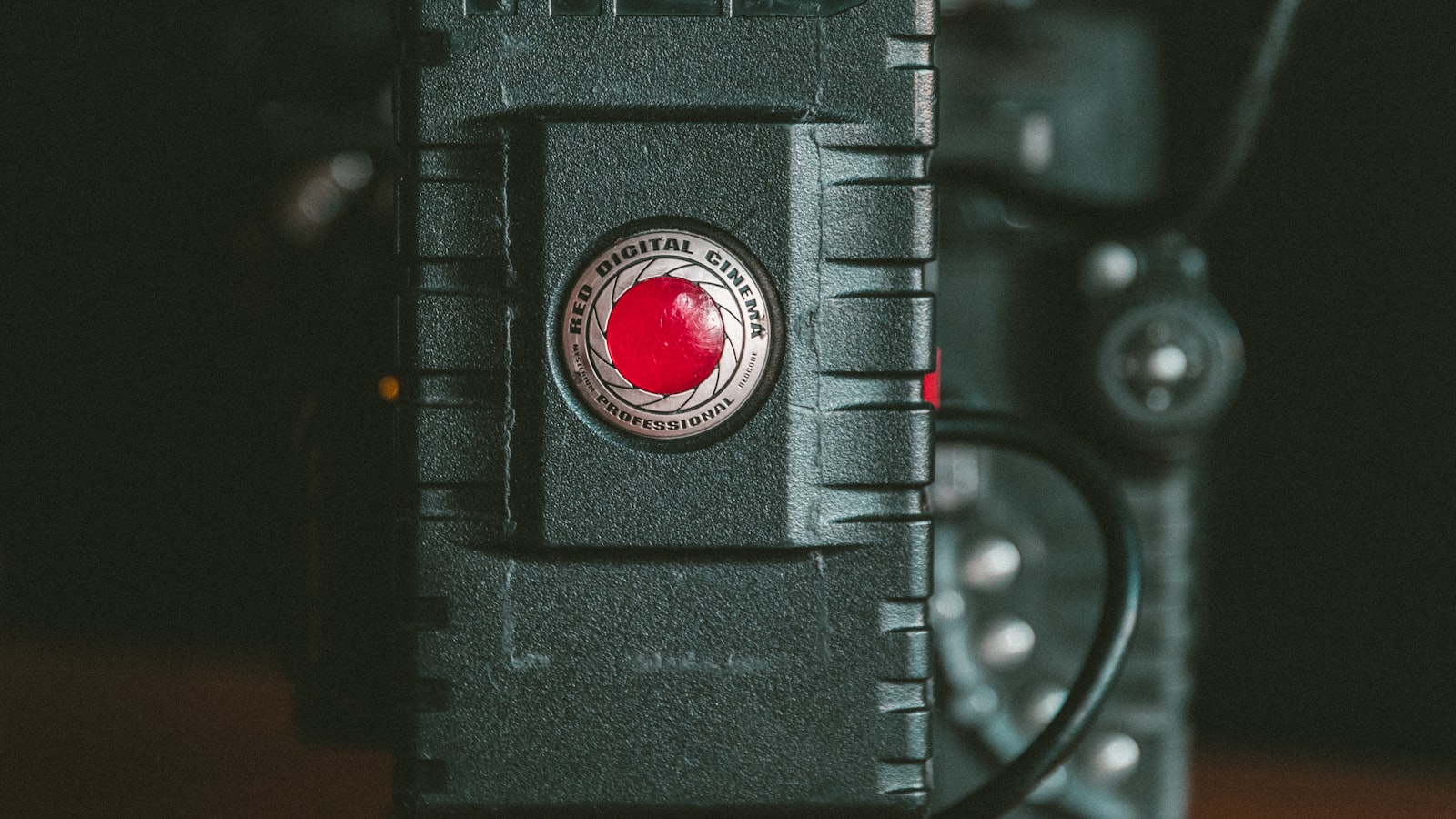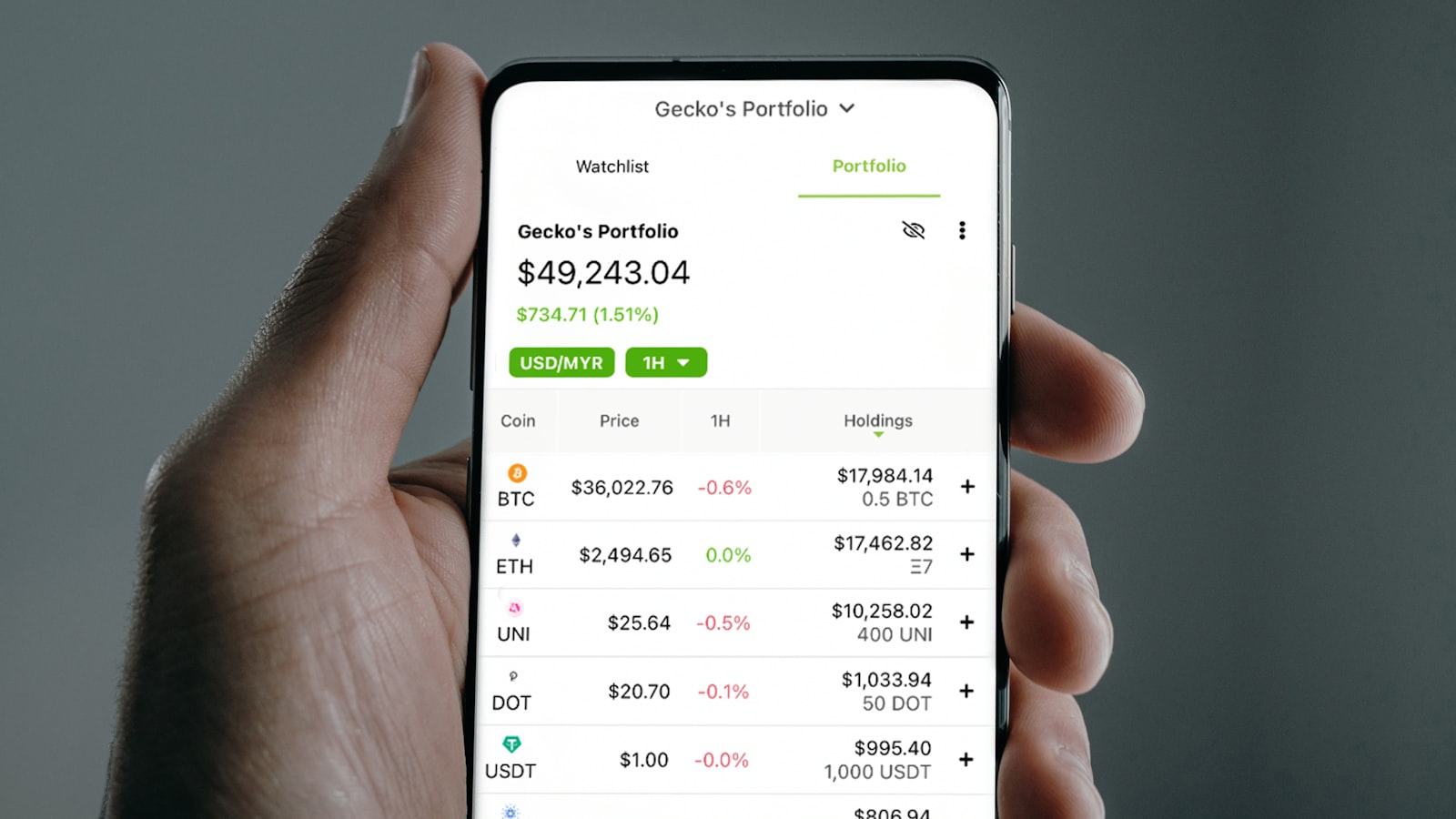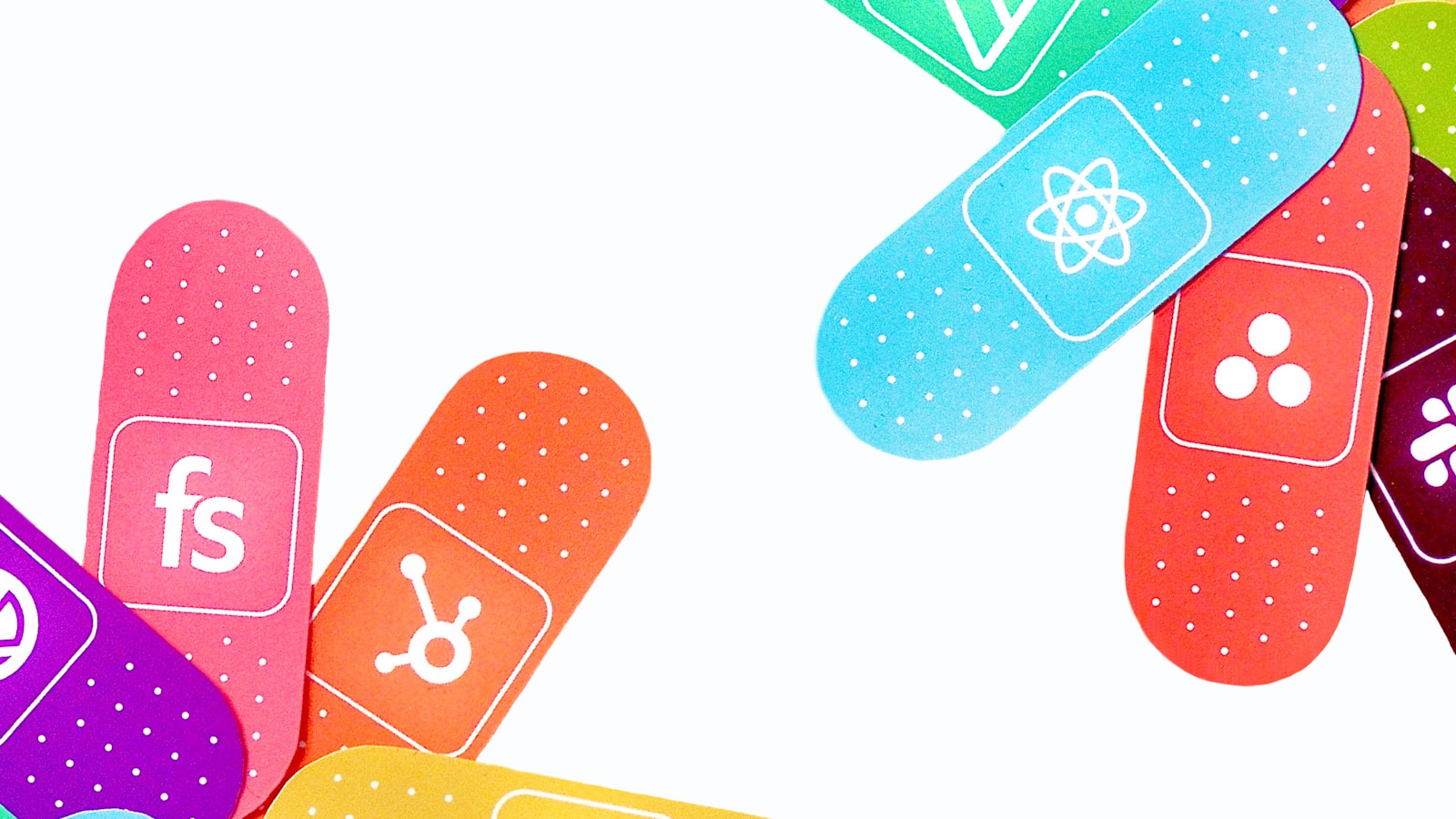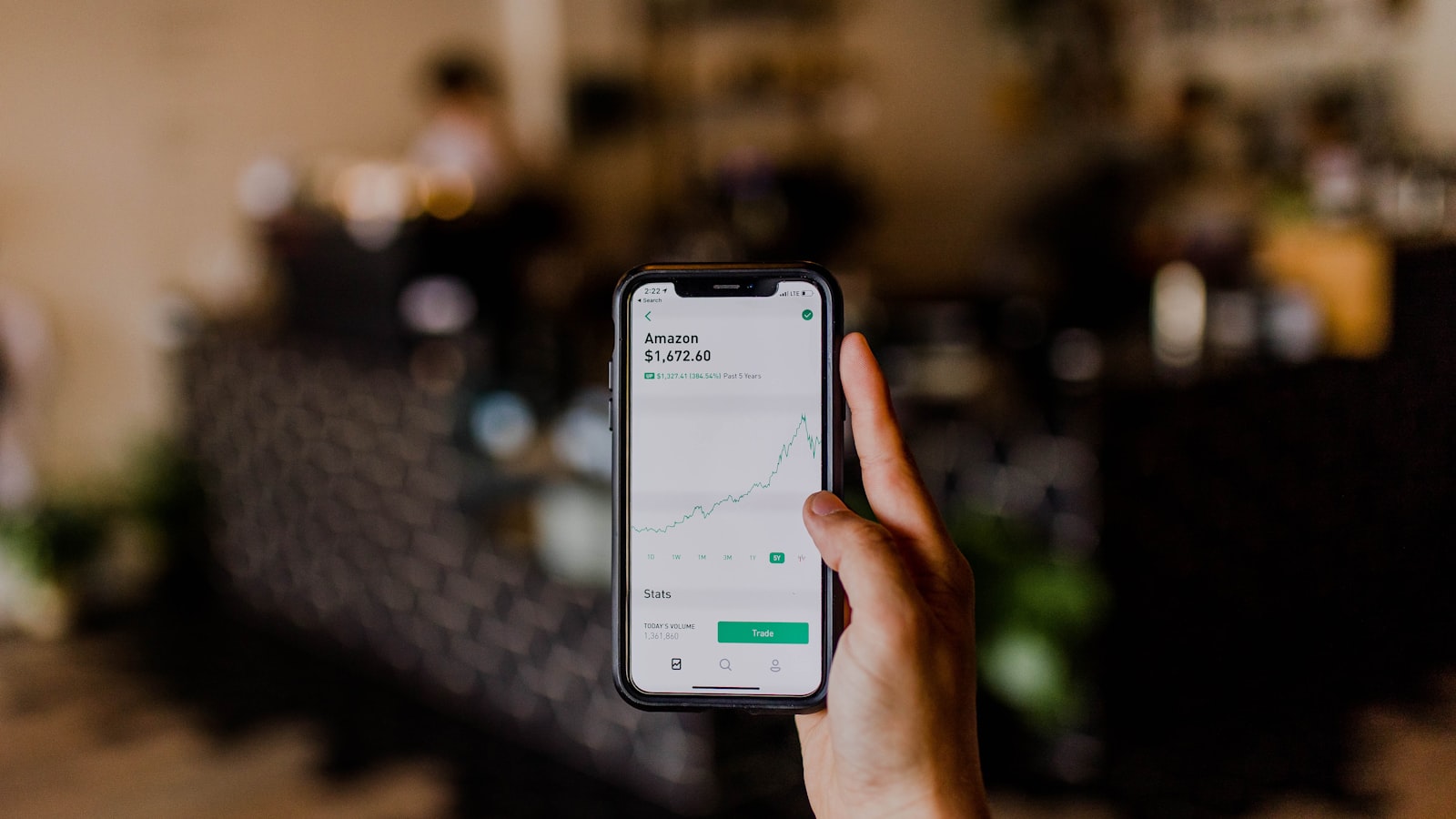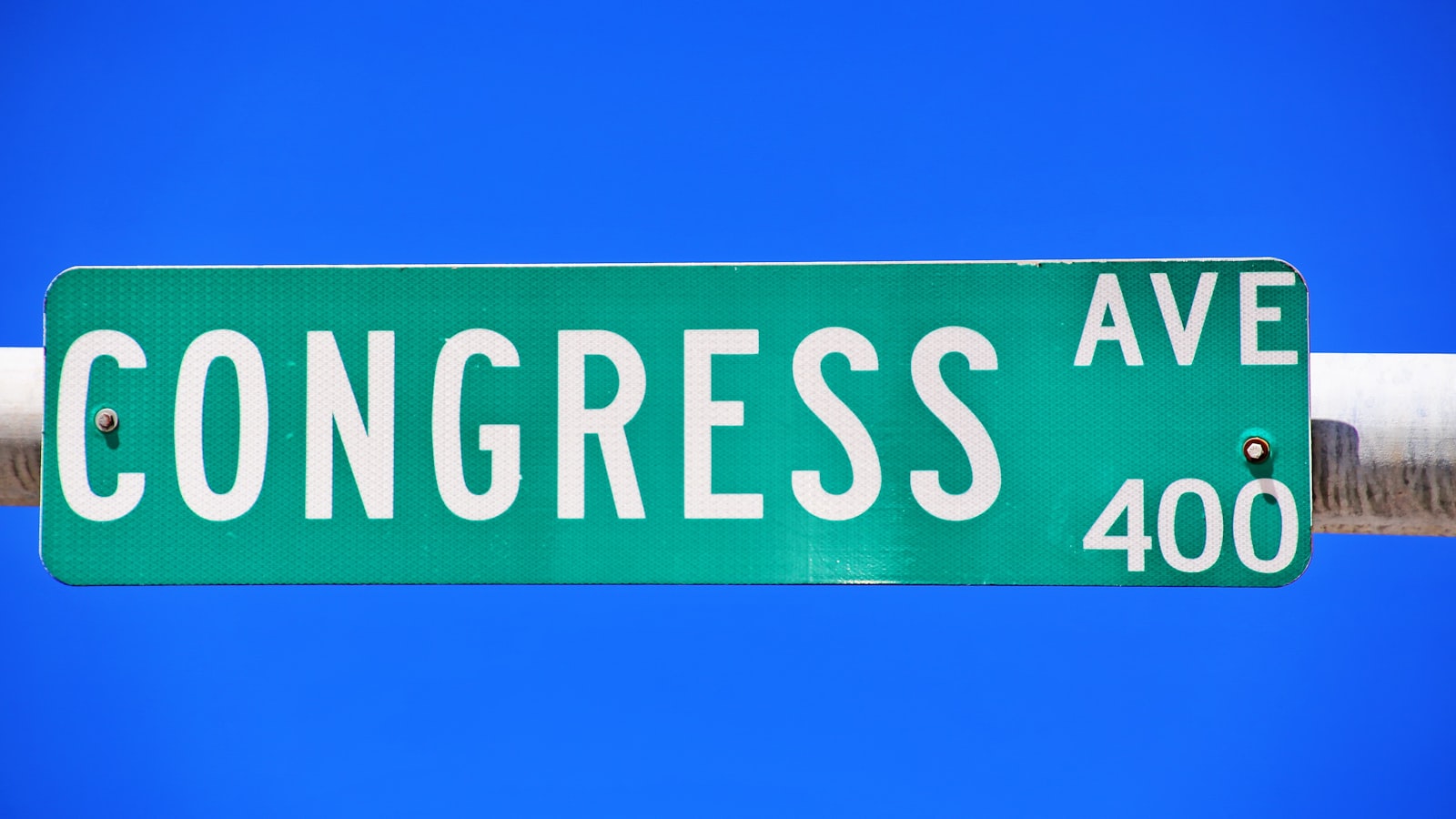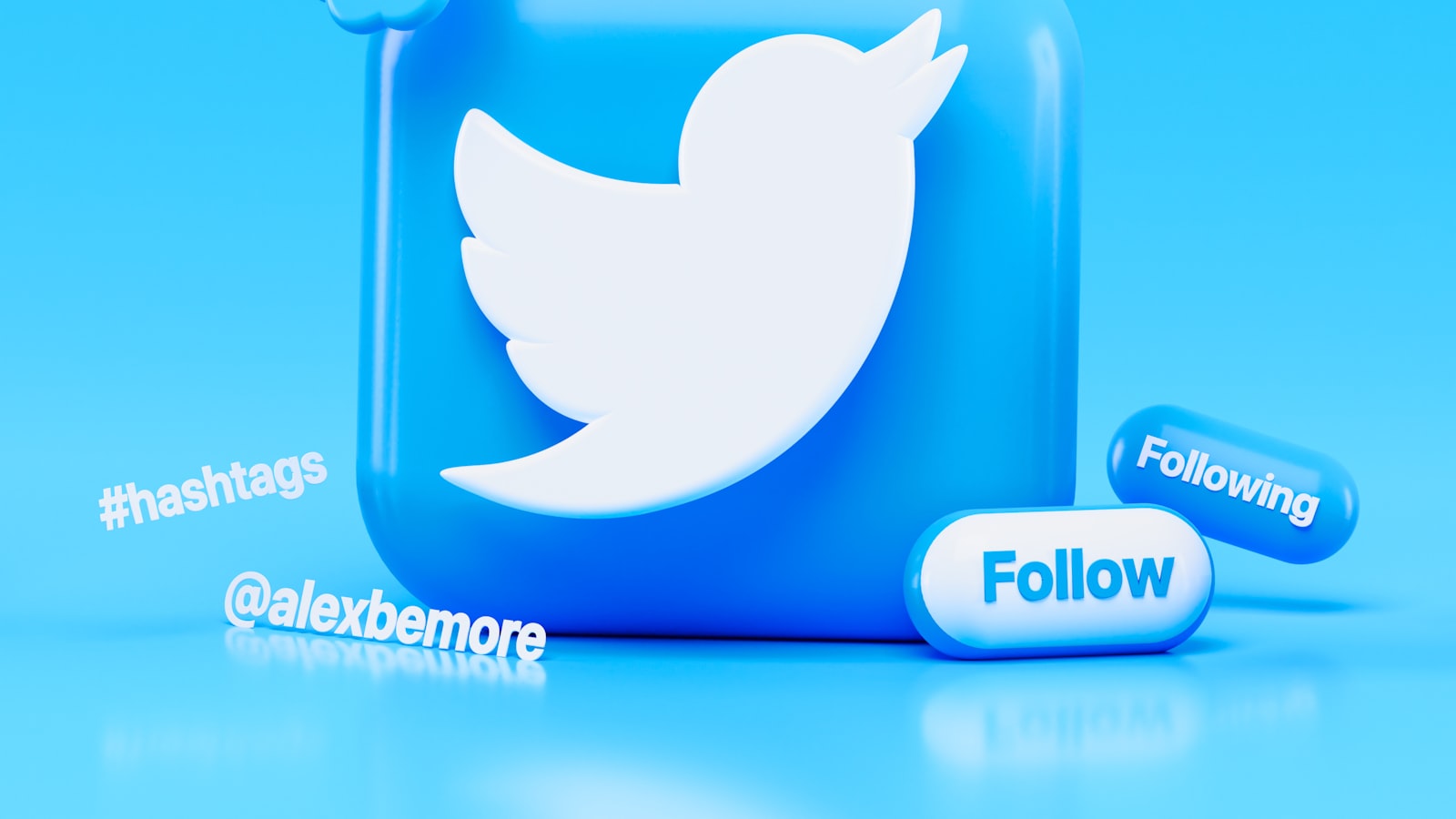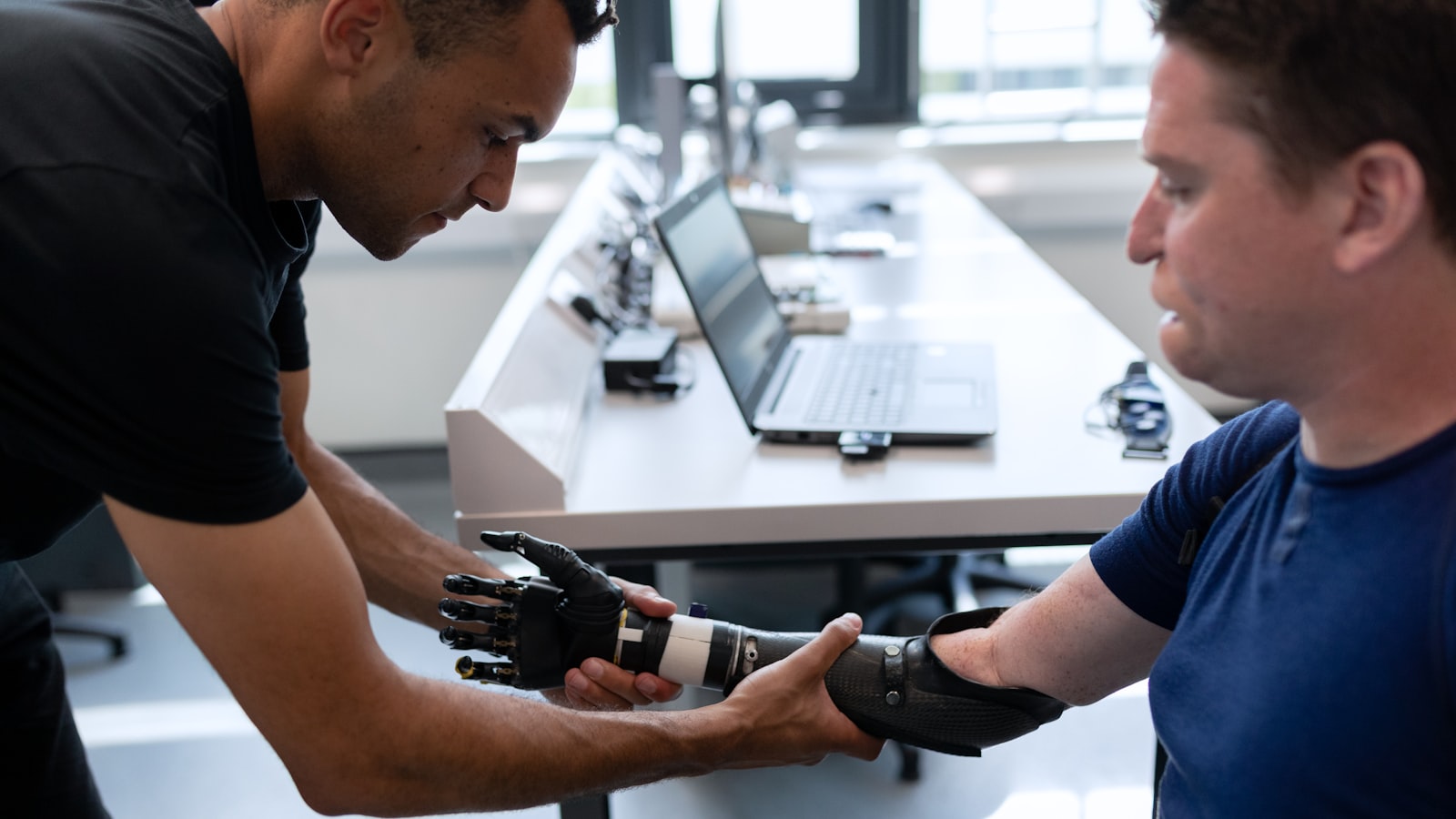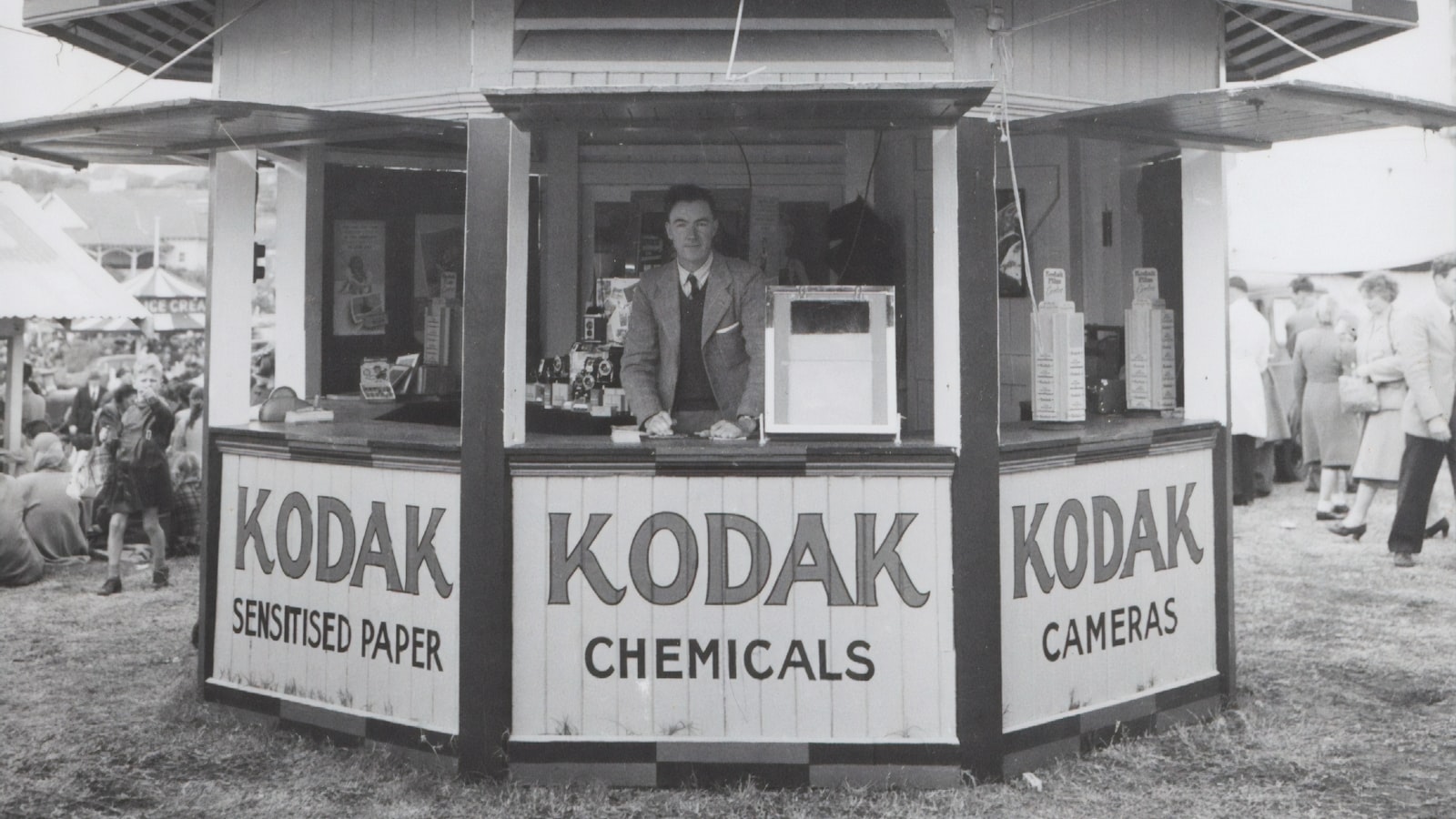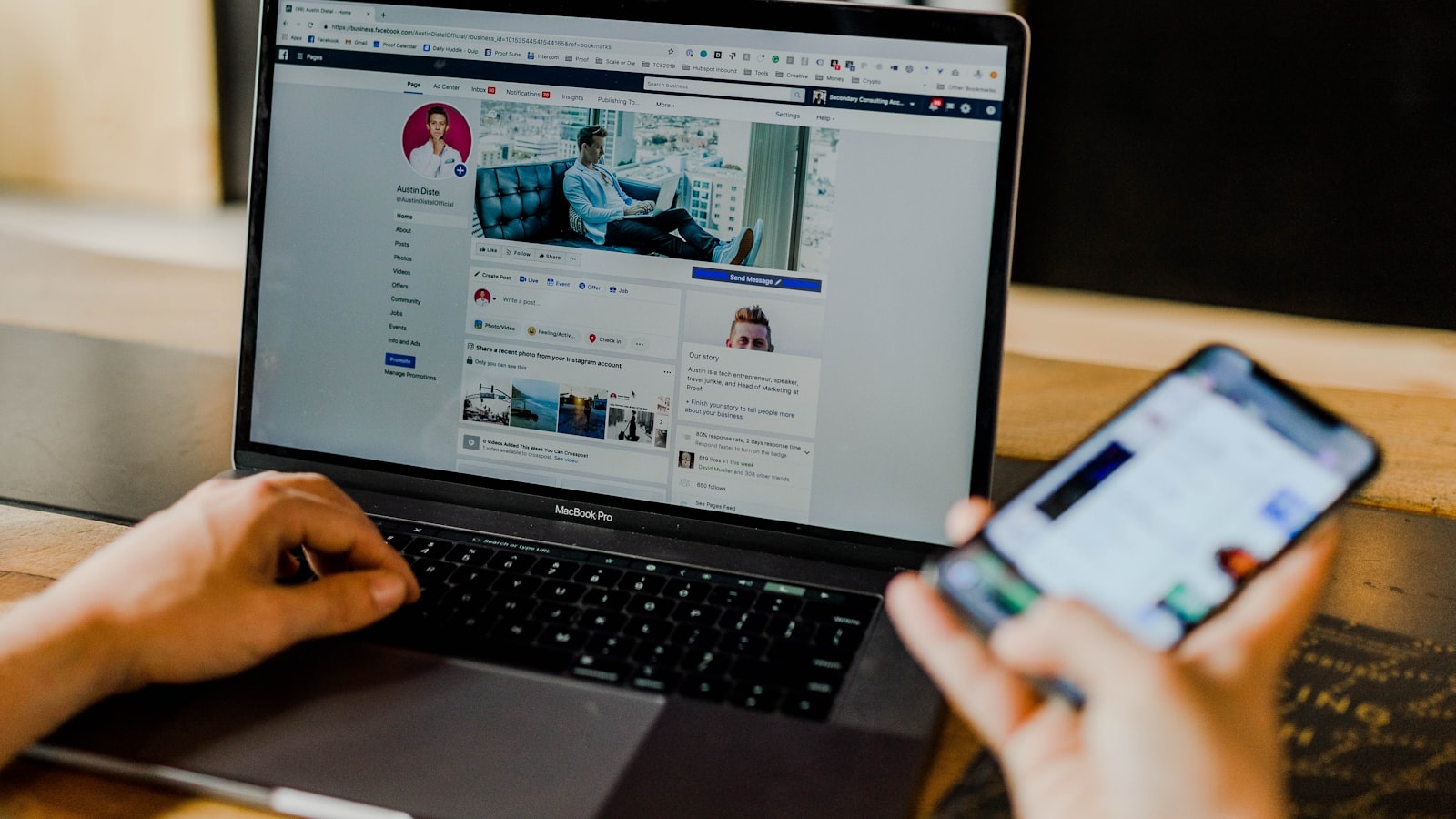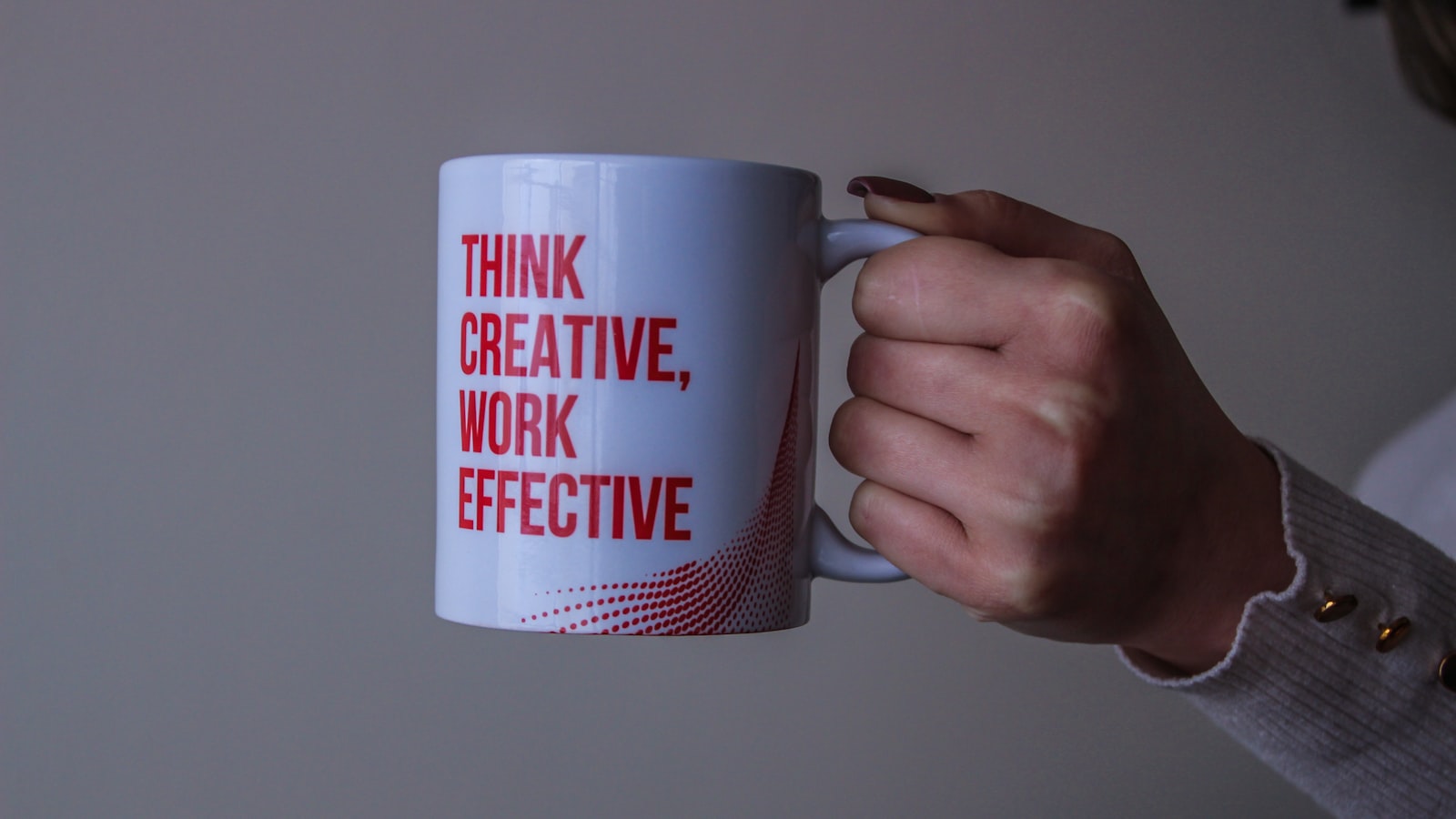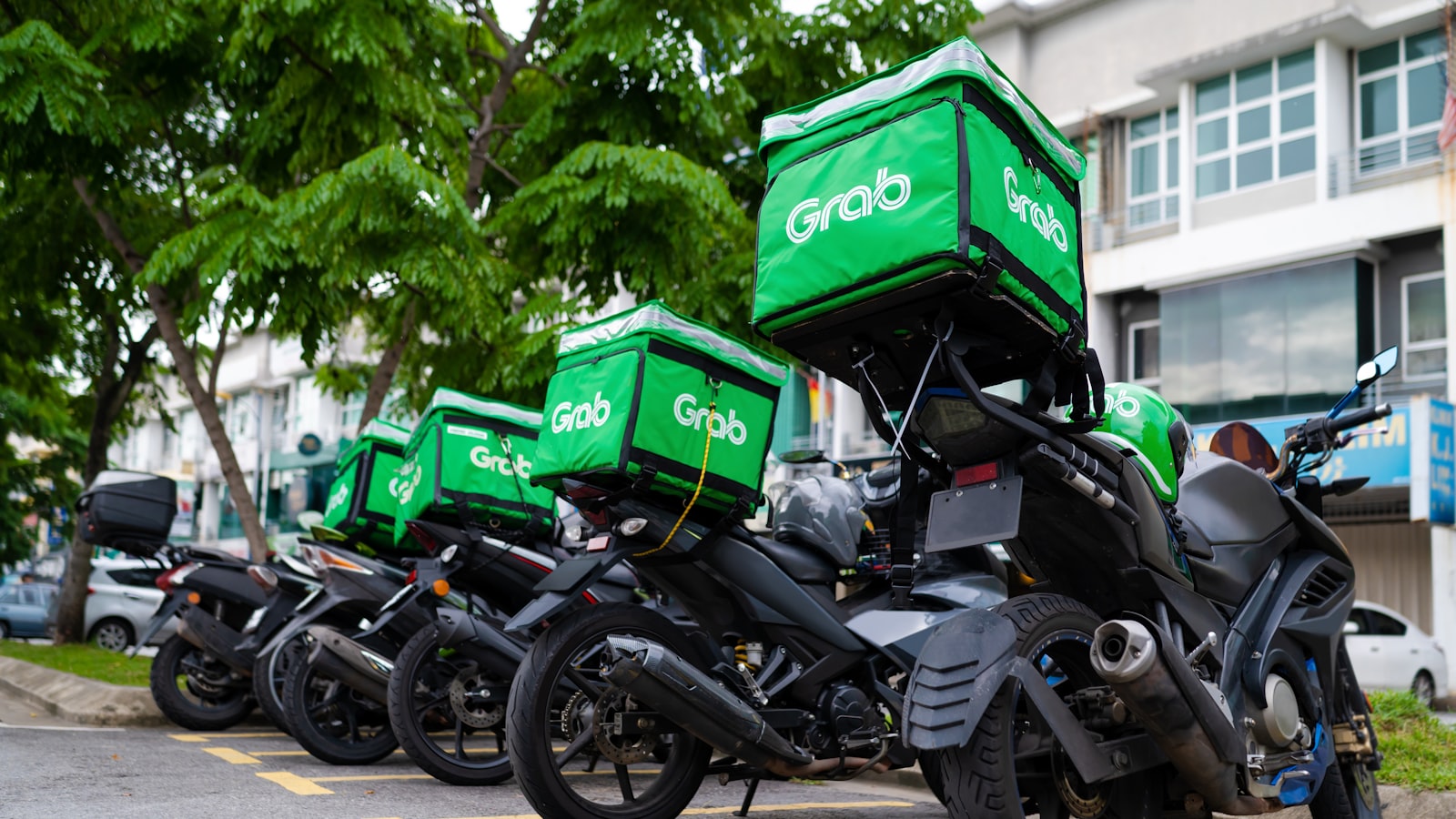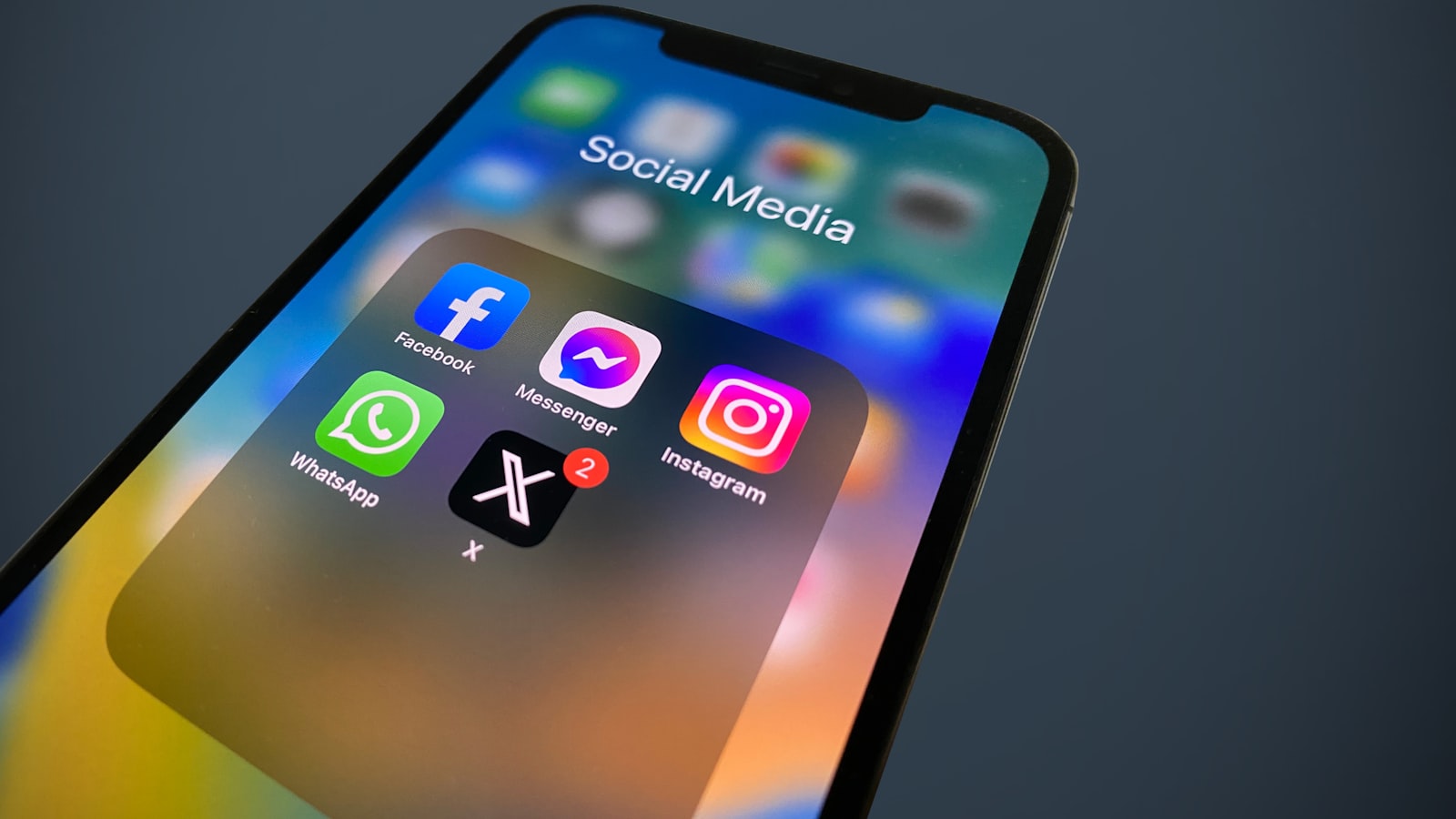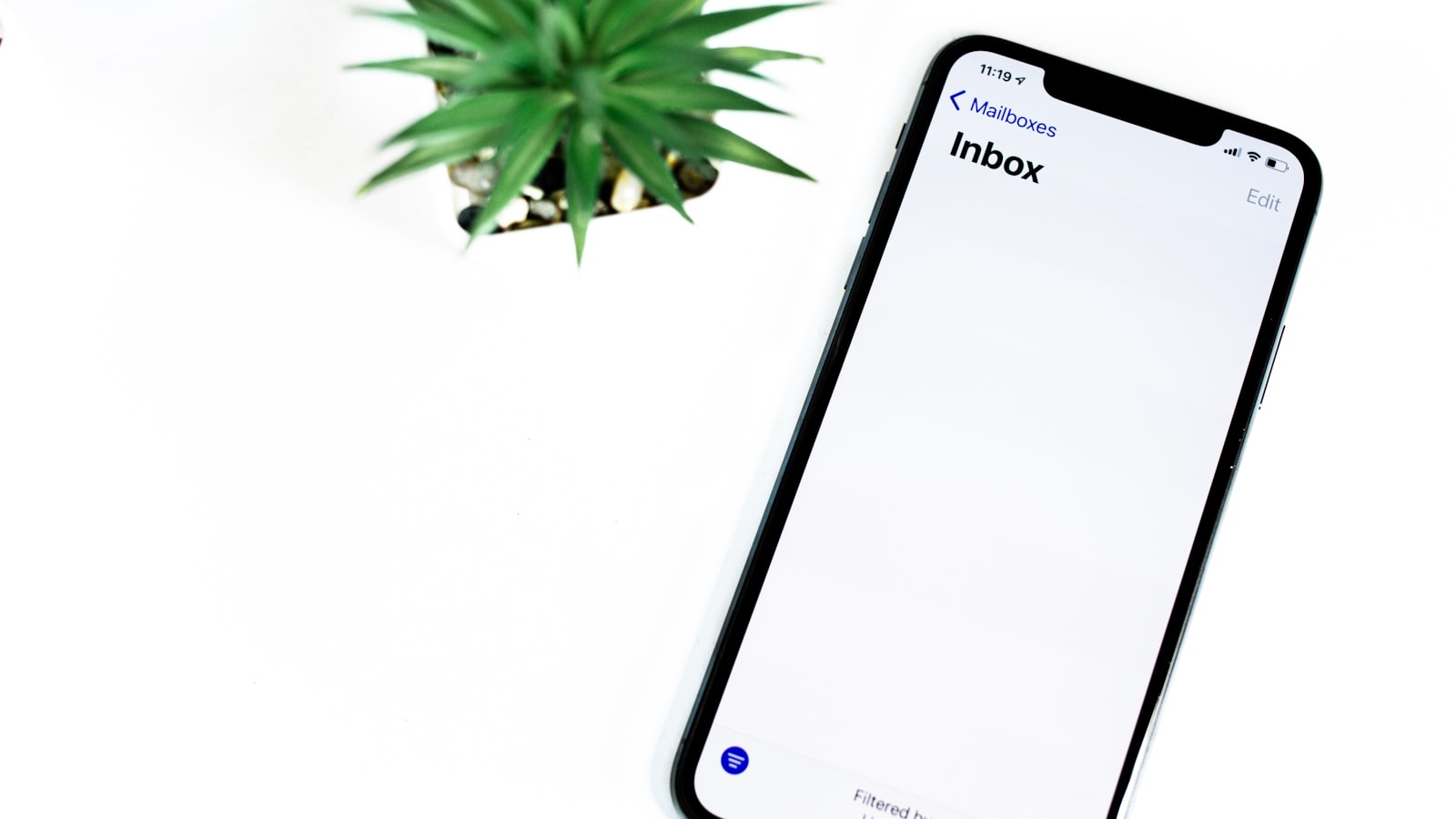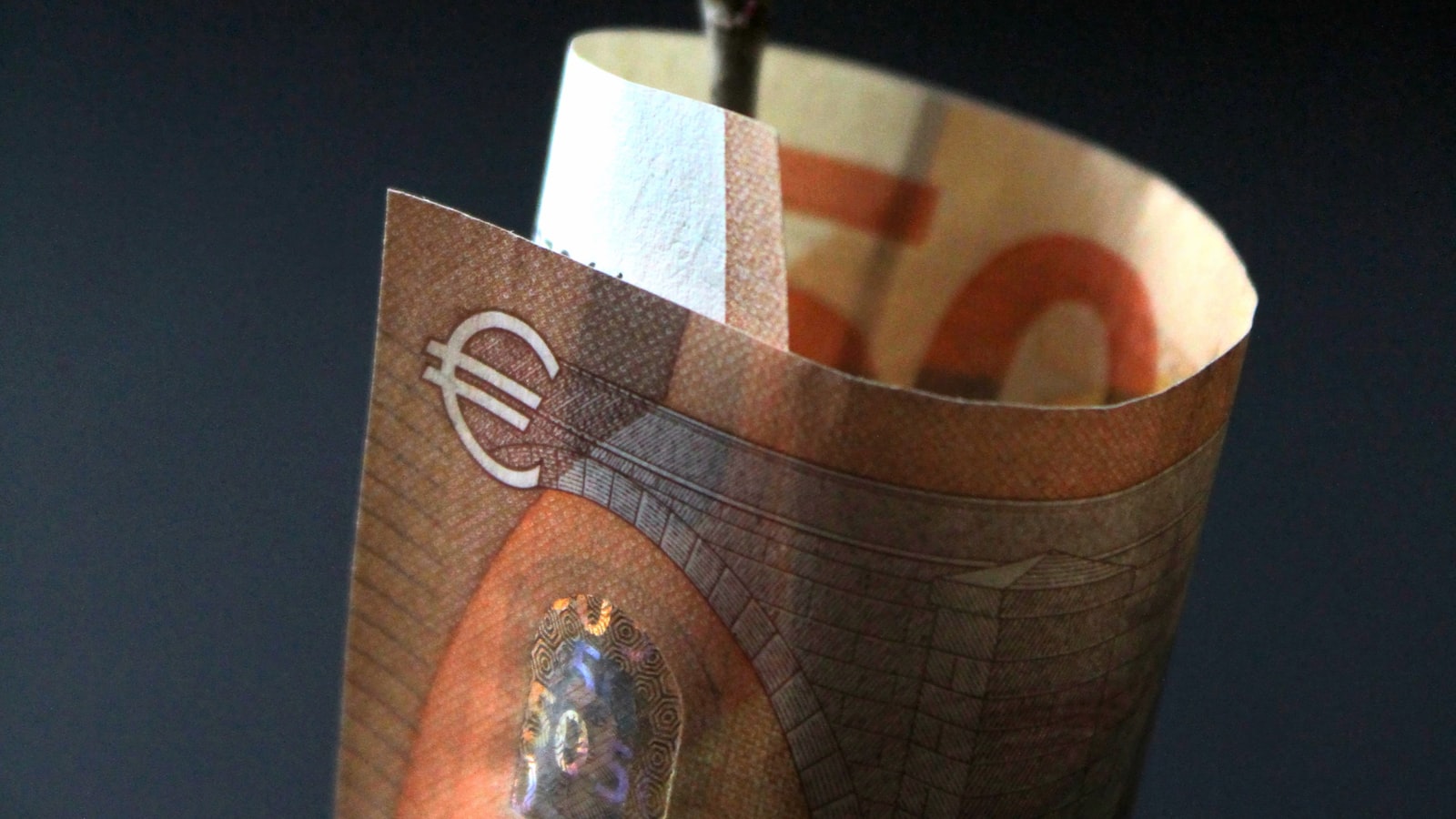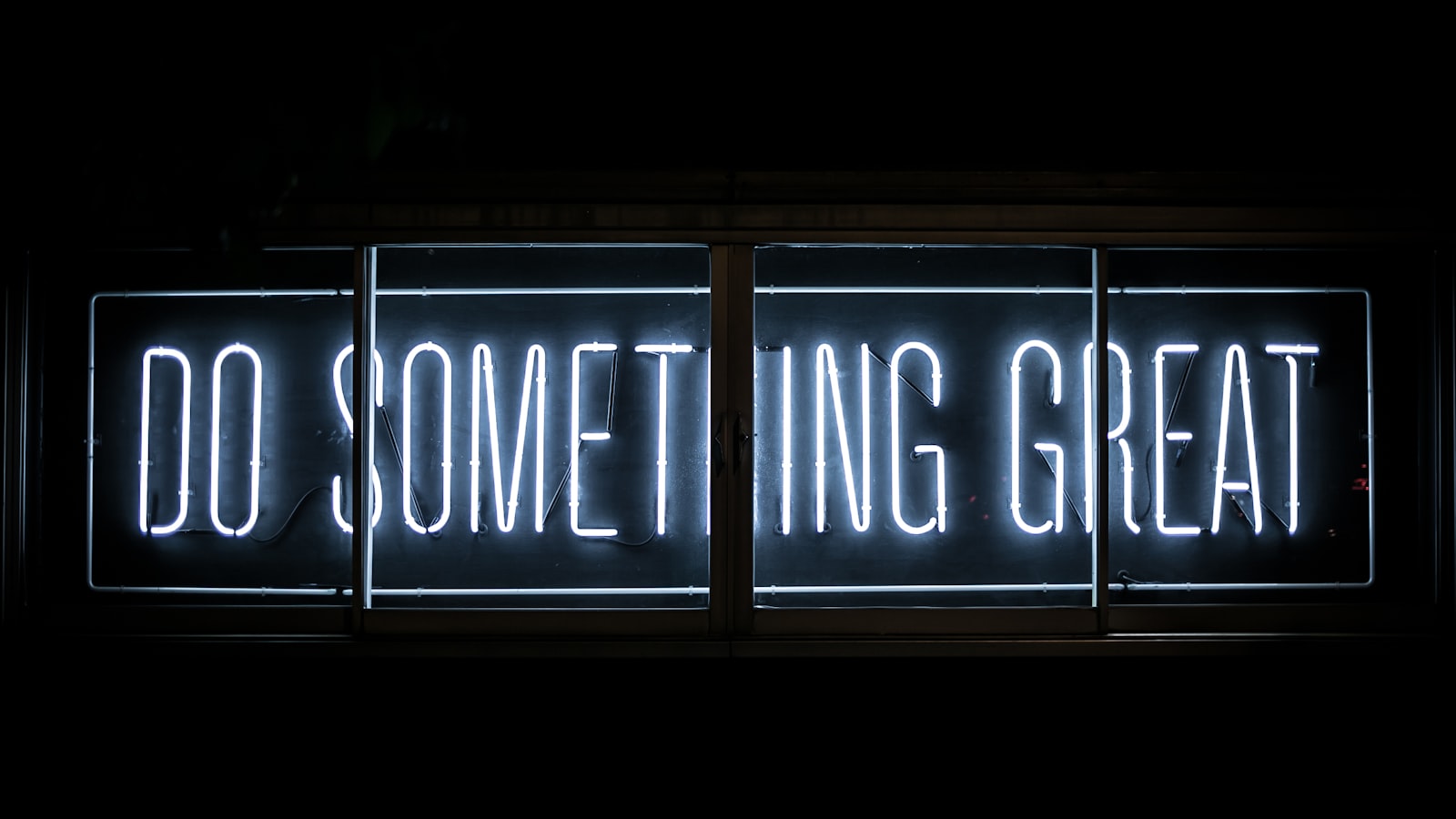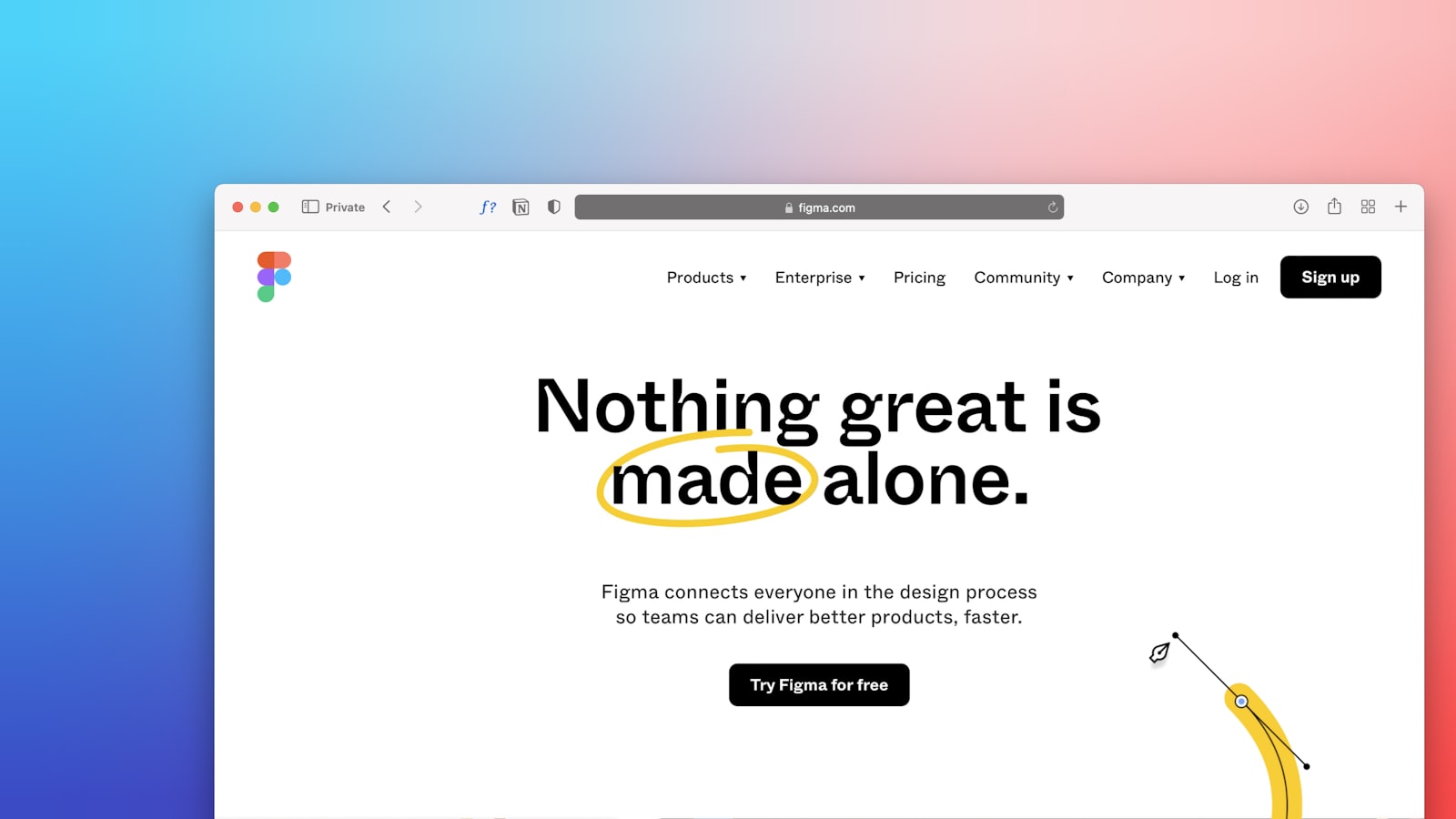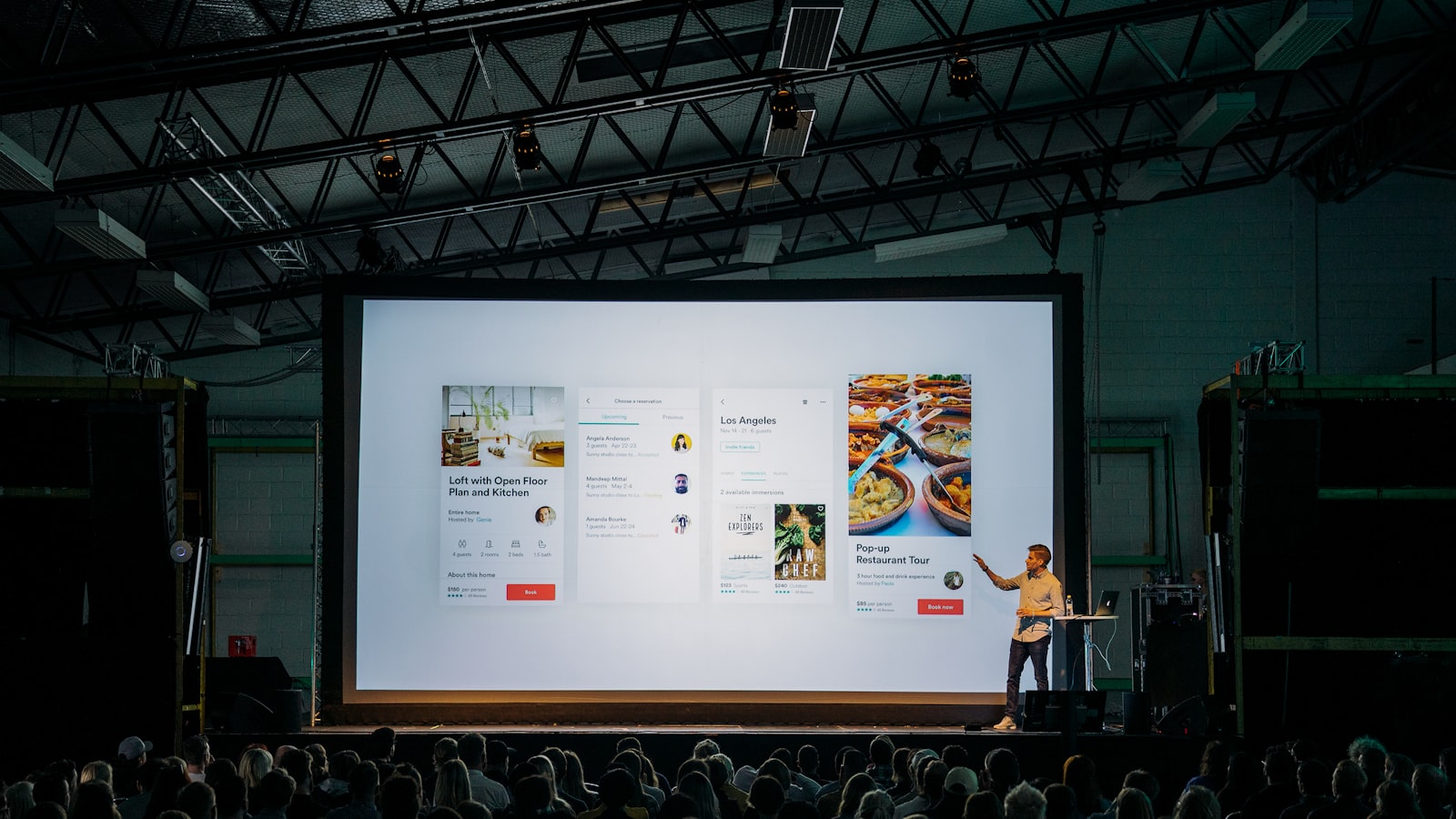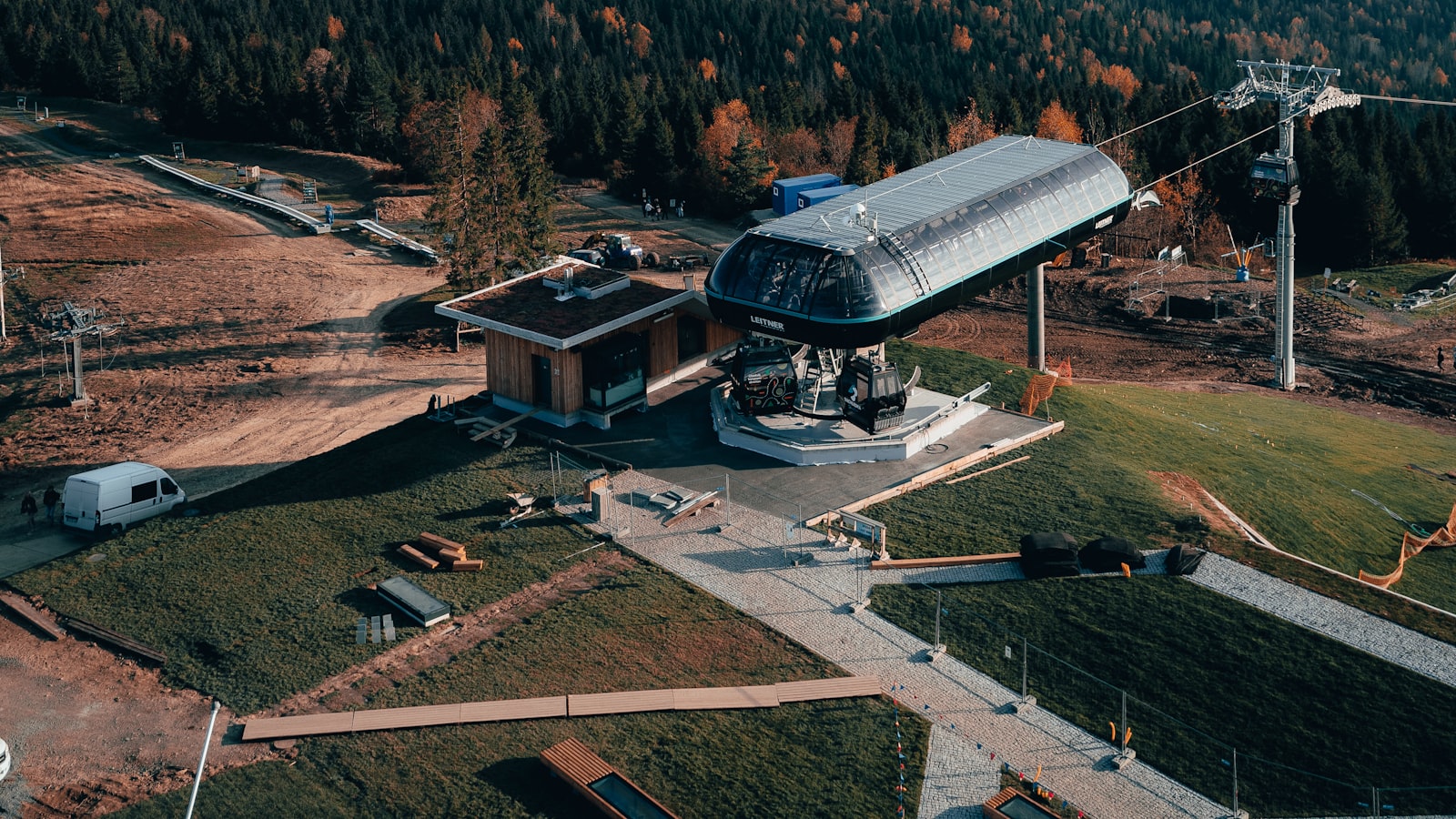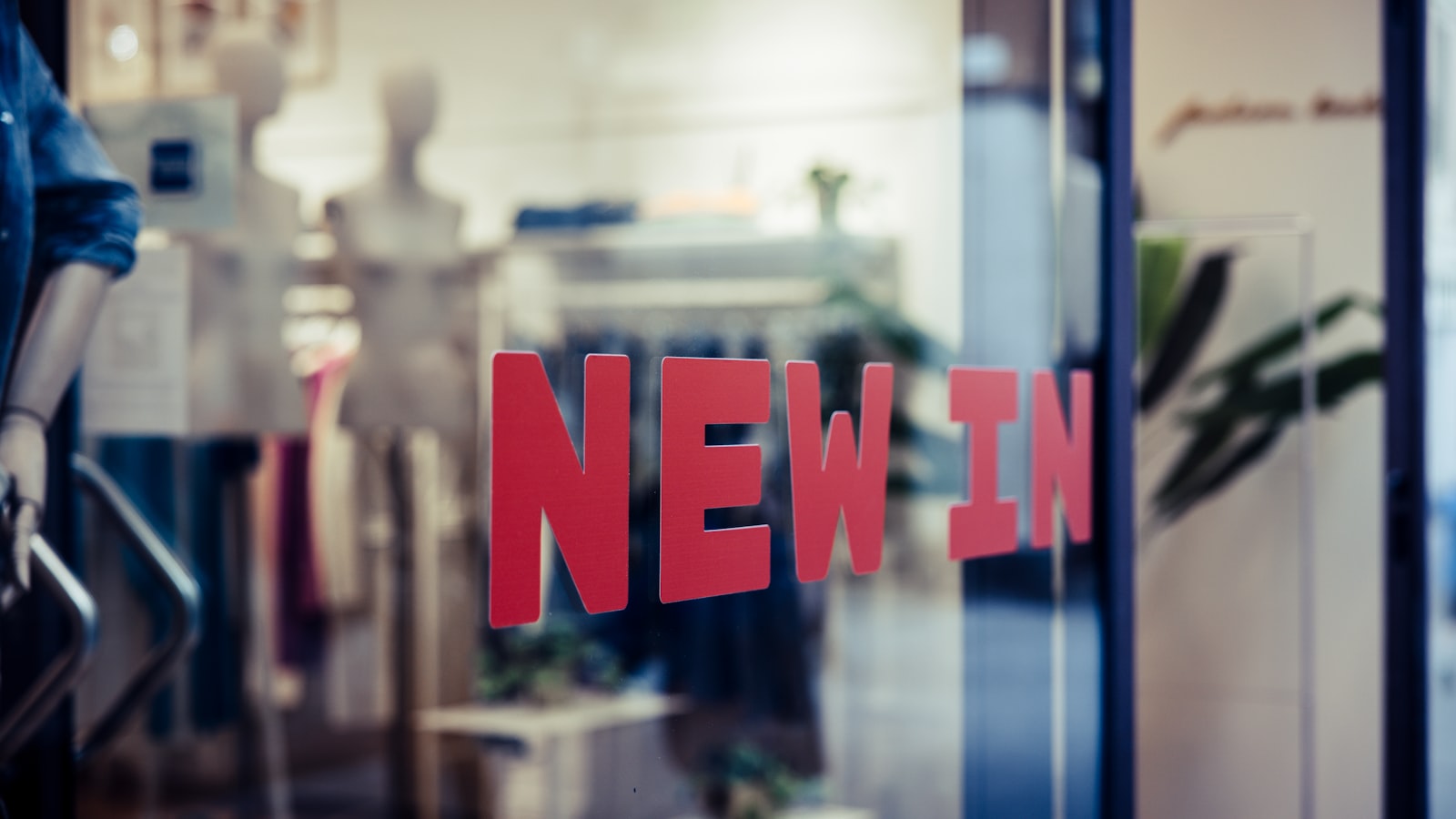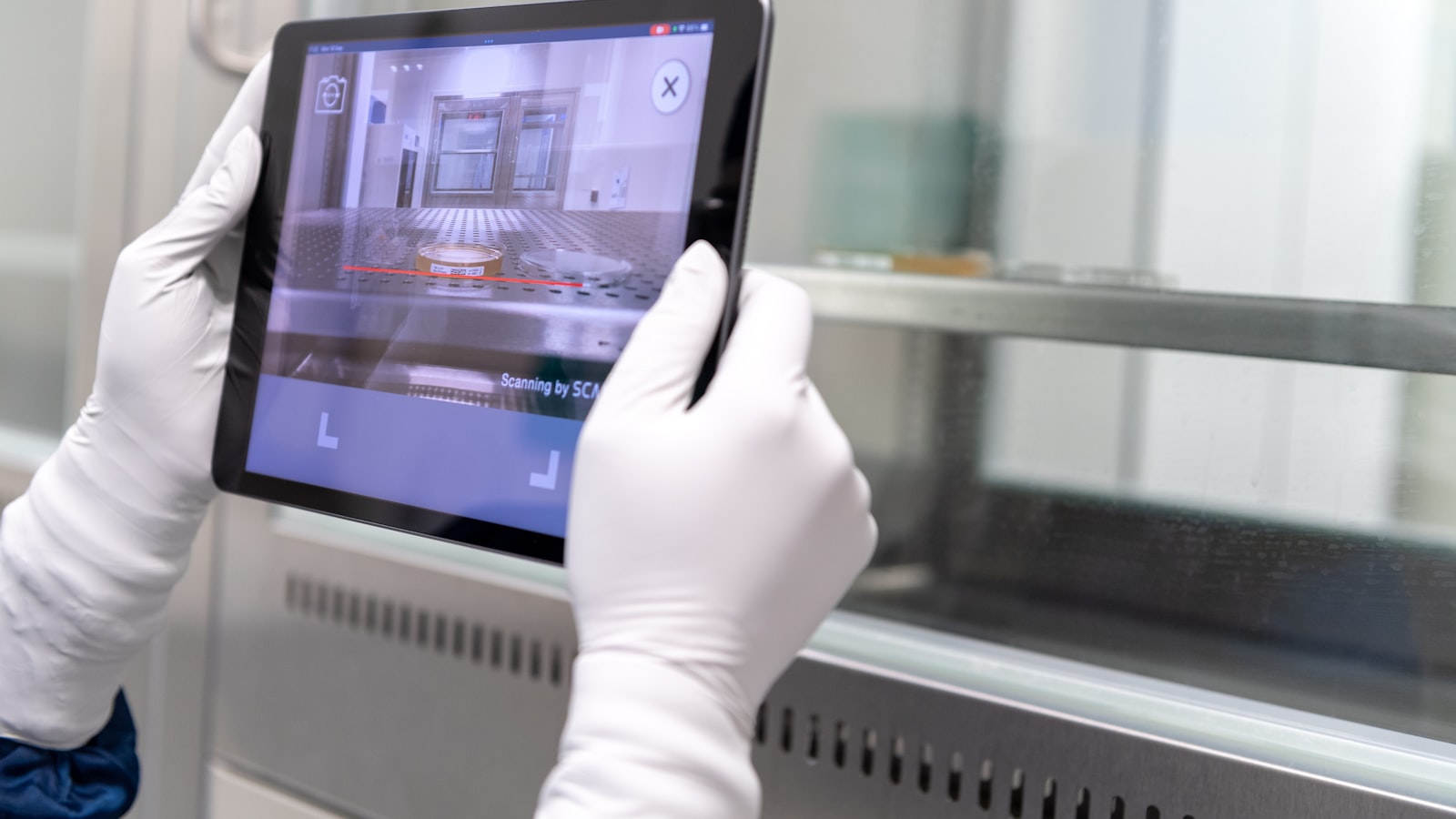The Ultimate Guide to B2B Event Marketing- Strategies, Tactics, and Best Practices
The Ultimate Guide to B2B Event Marketing- Strategies, Tactics, and Best Practices
The Ultimate Guide to B2B Event Marketing- Strategies, Tactics, and Best Practices
Master B2B event marketing with our ultimate guide. Discover strategies, tactics, and best practices to elevate your business events.
Master B2B event marketing with our ultimate guide. Discover strategies, tactics, and best practices to elevate your business events.
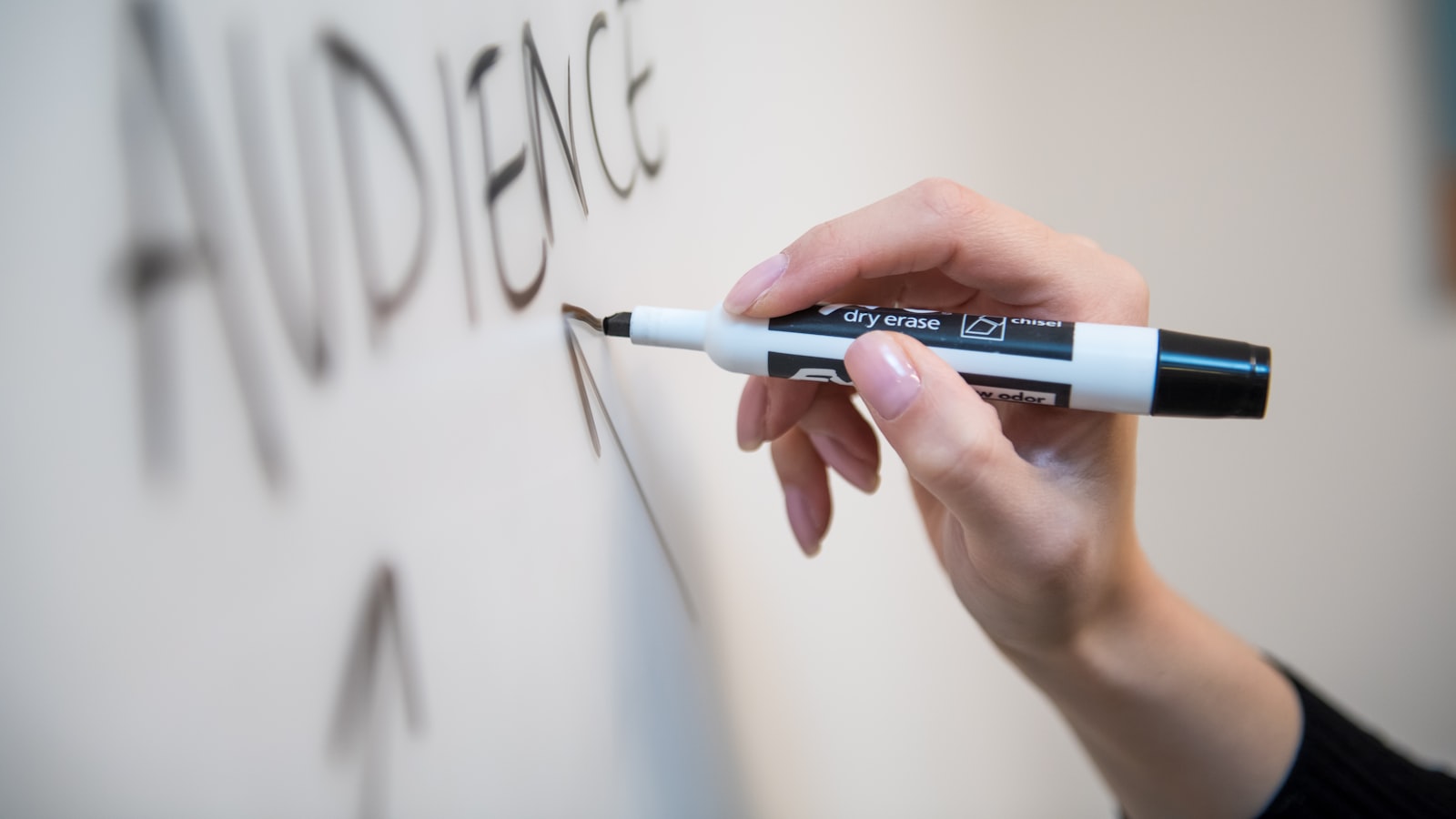


The Ultimate Guide to B2B Event Marketing: Strategies, Tactics, and Best Practices
Ready to transform your B2B events from mundane meetups to spectacular successes? You're in the right place. This guide is your one-stop-shop for mastering B2B event marketing. Whether you're a seasoned pro or just starting, we've got the strategies, tactics, and best practices to help you plan, promote, and execute events that not only engage but also convert your B2B audience. Let's dive in, shall we?
What is B2B Event Marketing?
B2B event marketing is like the secret sauce that can turn your business gatherings into powerful lead-generating machines. It's the art and science of organizing events—be it conferences, trade shows, webinars, or even virtual summits—to connect with other businesses, showcase your expertise, and build lasting relationships.
Definition and Importance
In simple terms, B2B event marketing involves hosting or participating in events targeted at other businesses rather than individual consumers. The importance? Think of it as networking on steroids. It’s your golden ticket to face-to-face interactions, real-time feedback, and the kind of personal connection that email or social media just can't match. Plus, it’s a fantastic way to establish your brand as an industry leader.
Key Benefits of B2B Event Marketing
Lead Generation: Events are prime hunting grounds for quality leads.
Brand Awareness: Increase your visibility and credibility in the industry.
Networking: Build valuable relationships with potential clients and partners.
Customer Engagement: Provide a platform for deeper interaction with your audience.
Market Research: Gain insights into industry trends and customer needs.
So, buckle up! This guide will walk you through everything from pre-event planning and promotion strategies to post-event follow-ups and analysis. By the end, you'll be ready to host B2B events that not only impress but also deliver tangible results. Let's make your next event the talk of the town!
The Ultimate Guide to B2B Event Marketing: Strategies, Tactics, and Best Practices
Types of B2B Events

When it comes to B2B event marketing, the type of event you choose can make or break your strategy. Each event type has its own strengths and is suited for different objectives. Let’s break down the most popular types of B2B events and how they can benefit your business.
Trade Shows
Trade shows are large-scale events where companies from a specific industry showcase their latest products and services. These events are perfect for generating leads, building brand awareness, and networking with industry peers.
Showcase new products
Generate high-quality leads
Network with industry professionals
Conferences
Conferences bring together experts, thought leaders, and professionals to discuss industry trends, share knowledge, and network. They often feature keynote speakers, panel discussions, and workshops.
Learn from industry experts
Network with peers
Participate in interactive workshops
Roadshows
Roadshows are traveling events that take place in multiple locations. They allow companies to reach a broader audience by bringing their message directly to different regions.
Reach diverse audiences
Personalize interactions
Increase brand visibility
Webinars
Webinars are online seminars that can reach a global audience. They are cost-effective and allow for interactive presentations, Q&A sessions, and real-time engagement.
Engage a global audience
Cost-effective
Interactive and engaging
Networking Events
Networking events are designed to foster connections between professionals. These events can be formal or informal and are great for building relationships and finding potential business partners.
Build professional relationships
Find potential business partners
Expand your network
VIP Dinners
VIP dinners are exclusive events for top executives and key customers. These intimate gatherings provide a unique opportunity to build strong relationships and discuss business in a relaxed setting.
Build strong relationships
Discuss business in a relaxed setting
Show appreciation to key customers
Choosing the right type of B2B event is crucial for achieving your marketing goals. For more insights on planning and executing a successful B2B event marketing campaign, check out our detailed guide here.
The Ultimate Guide to B2B Event Marketing: Strategies, Tactics, and Best Practices
Developing a B2B Event Marketing Strategy

Setting Clear Objectives
First things first, you need to know what you want to achieve. Are you looking to generate leads, boost brand awareness, or perhaps launch a new product? Clear objectives are your North Star. They guide every decision, from the event format to the marketing tactics you'll use. For more on planning and executing a successful B2B event, check out our detailed guide.
Identifying Your Target Audience
Knowing your audience is crucial. Are you targeting C-suite executives, mid-level managers, or entry-level professionals? Each group has different needs and expectations. Tailor your event to meet those specific needs. Creating and leveraging B2B buyer personas can help you pinpoint your audience more accurately. For a deeper dive, see our article on B2B buyer personas.
Choosing the Right Event Format
Not all events are created equal. Your objectives and audience will dictate the best format. Here are some options:
Trade Shows: Ideal for showcasing products and networking.
Conferences: Great for thought leadership and education.
Webinars: Perfect for remote engagement and lead generation.
Networking Events: Focus on building relationships.
Choose the format that aligns with your goals and audience preferences. For more insights, explore our tips on developing a winning strategy.
Creating a Compelling Agenda and Experience
Your event's agenda is the backbone of the experience. Make it compelling enough to attract and retain attendees. Here are some tips:
Engaging Speakers: Choose industry experts who can draw a crowd.
Interactive Sessions: Include Q&A sessions, polls, and live demos.
Networking Opportunities: Facilitate meaningful connections through breakout sessions and networking lounges.
Remember, the goal is to create an experience that leaves a lasting impression. Consistent messaging and branding throughout the event are key. For more on aligning event goals with your broader marketing strategy, visit our comprehensive guide.
The Ultimate Guide to B2B Event Marketing: Strategies, Tactics, and Best Practices
Leveraging Technology in B2B Event Marketing

Event Management Software
Gone are the days of juggling spreadsheets and sticky notes. Event management software like Cvent or Eventbrite streamlines the entire process, from registration to post-event surveys. These platforms offer features such as:
Automated email campaigns
Real-time analytics
Customizable registration forms
By using event management software, you can save time and reduce errors, ensuring a smoother experience for both organizers and attendees.
Event Apps and Wearable Tech
Event apps and wearable technology are game-changers in the B2B event space. Apps like Whova and Attendify offer personalized agendas, networking opportunities, and live polling. Wearable tech, such as RFID badges, can track attendee movements and interactions, providing valuable data for future events.
These tools not only enhance the attendee experience but also provide organizers with insights into attendee behavior and preferences.
Virtual and Hybrid Event Platforms
With the rise of remote work, virtual and hybrid events have become essential. Platforms like Zoom and Hopin offer robust features for hosting online events, including breakout rooms, live Q&A sessions, and networking lounges. Hybrid events combine the best of both worlds, allowing in-person and virtual attendees to participate simultaneously.
Virtual and hybrid platforms expand your reach, making it easier to engage with a global audience.
Data Analytics and Tracking Tools
Data is king in the world of B2B event marketing. Tools like Google Analytics and HubSpot can track attendee engagement, measure ROI, and provide insights into which marketing efforts are most effective. Key metrics to monitor include:
Registration and attendance rates
Engagement levels during sessions
Post-event survey responses
By analyzing this data, you can make informed decisions to improve future events.
Looking to dive deeper into planning and executing a successful B2B event marketing campaign? Check out our detailed guide here.
The Ultimate Guide to B2B Event Marketing: Strategies, Tactics, and Best Practices
Maximizing ROI and Measuring Success

Key Metrics for B2B Event Marketing
To maximize ROI, you need to track the right metrics. Here are the key ones to focus on:
Attendance Rate: Measure the number of attendees versus the number of registrants.
Engagement Levels: Track interactions such as session participation, Q&A involvement, and social media activity.
Lead Generation: Count the number of qualified leads generated during the event.
Conversion Rate: Calculate the percentage of leads that turn into customers post-event.
Net Promoter Score (NPS): Gauge attendee satisfaction and likelihood to recommend your event.
Capturing Lead Intelligence
Gathering and analyzing lead intelligence is crucial for understanding your audience and improving future events. Here’s how:
Registration Data: Collect detailed information during the registration process, including job titles, company size, and industry.
Behavioral Data: Use event apps and tracking tools to monitor attendee behavior, such as session attendance and content downloads.
Surveys and Feedback: Post-event surveys can provide insights into attendee satisfaction and areas for improvement.
Post-Event Engagement and Follow-Up
The event doesn't end when the last session wraps up. Effective post-event engagement can turn leads into loyal customers:
Personalized Follow-Ups: Send personalized emails to attendees, thanking them for their participation and offering additional resources.
Content Sharing: Share event highlights, session recordings, and key takeaways on your website and social media channels.
Nurture Campaigns: Develop email campaigns to nurture leads based on their interests and behaviors during the event.
Iteration and Continuous Improvement
Continuous improvement is key to long-term success in B2B event marketing. Here’s how to keep getting better:
Analyze Metrics: Regularly review your key metrics to identify what worked and what didn’t.
Gather Feedback: Act on the feedback from attendees and stakeholders to refine your strategy.
Test and Adjust: Experiment with different formats, content, and engagement strategies to see what resonates best with your audience.
For more insights on planning and executing successful B2B events, check out our detailed guide on how to plan and execute a successful B2B event marketing campaign.
By focusing on these strategies, you can ensure that your B2B events not only meet but exceed your ROI expectations.
The Ultimate Guide to B2B Event Marketing: Strategies, Tactics, and Best Practices
Integrating B2B Event Marketing into Your Overall Strategy

Aligning Event Goals with Marketing Goals
First things first, your event goals should mirror your overall marketing objectives. If your marketing team is focused on lead generation, your events should be too. If brand awareness is the game, then your events should scream your brand's name from the rooftops. Consistency is key. Ensure that every event aligns with the broader goals of your marketing strategy.
Collaborating Across Marketing Teams
Teamwork makes the dream work, right? Your event marketing efforts should be a team sport. Bring together your content creators, social media managers, and sales teams to create a cohesive strategy. This collaboration ensures that everyone is on the same page and working towards the same objectives. For more tips on effective collaboration, check out our guide on planning and executing a successful B2B event marketing campaign.
Consistent Messaging and Branding
Your brand's voice should be as consistent as your morning coffee. Whether it's the event invitations, social media posts, or the event itself, make sure the messaging is uniform. This consistency helps in building a strong brand identity. For more insights on maintaining consistent branding, you might find our article on choosing the best B2B marketing company useful.
Leveraging Content Across Channels
Content is king, and your event is a goldmine. From blog posts and social media updates to email campaigns and webinars, leverage the content generated from your events across all marketing channels. This not only maximizes your event's reach but also reinforces your brand's message. For strategies on leveraging content, read our piece on creating and leveraging B2B buyer personas.
By integrating these strategies, your B2B event marketing efforts will not only be more effective but also more aligned with your overall marketing goals. Remember, it's all about consistency, collaboration, and leveraging your content effectively.
The Ultimate Guide to B2B Event Marketing: Strategies, Tactics, and Best Practices
Conclusion

Recap of Key Points
Personal Connections: Strengthen relationships and loyalty through direct interactions.
Education: Use demos, tutorials, and seminars to showcase products and services.
Lead Generation: Drive conversions and guide prospects through their buyer's journey.
Industry Authority: Establish trust by hosting high-quality events with sought-after speakers.
Final Thoughts on B2B Event Marketing Success
B2B event marketing is a dynamic tool for connecting with potential clients, generating leads, and establishing brand authority. By setting clear objectives, identifying target audiences, and creating compelling agendas, businesses can maximize the impact of their events. Utilizing technology like event management software and virtual platforms can streamline the process and enhance attendee experience. Post-event engagement is crucial for converting leads and measuring success. For more detailed strategies, check out our guide on planning and executing a successful B2B event marketing campaign.
Remember, the key to successful B2B event marketing lies in meticulous planning, targeted outreach, and continuous improvement. By integrating these events into your overall marketing strategy, you can achieve significant ROI and long-term success. For more insights, explore our article on choosing the best B2B marketing company.
By following these best practices, your B2B events will not only meet but exceed your marketing goals, fostering stronger connections and driving business growth.
The Ultimate Guide to B2B Event Marketing: Strategies, Tactics, and Best Practices
Ready to transform your B2B events from mundane meetups to spectacular successes? You're in the right place. This guide is your one-stop-shop for mastering B2B event marketing. Whether you're a seasoned pro or just starting, we've got the strategies, tactics, and best practices to help you plan, promote, and execute events that not only engage but also convert your B2B audience. Let's dive in, shall we?
What is B2B Event Marketing?
B2B event marketing is like the secret sauce that can turn your business gatherings into powerful lead-generating machines. It's the art and science of organizing events—be it conferences, trade shows, webinars, or even virtual summits—to connect with other businesses, showcase your expertise, and build lasting relationships.
Definition and Importance
In simple terms, B2B event marketing involves hosting or participating in events targeted at other businesses rather than individual consumers. The importance? Think of it as networking on steroids. It’s your golden ticket to face-to-face interactions, real-time feedback, and the kind of personal connection that email or social media just can't match. Plus, it’s a fantastic way to establish your brand as an industry leader.
Key Benefits of B2B Event Marketing
Lead Generation: Events are prime hunting grounds for quality leads.
Brand Awareness: Increase your visibility and credibility in the industry.
Networking: Build valuable relationships with potential clients and partners.
Customer Engagement: Provide a platform for deeper interaction with your audience.
Market Research: Gain insights into industry trends and customer needs.
So, buckle up! This guide will walk you through everything from pre-event planning and promotion strategies to post-event follow-ups and analysis. By the end, you'll be ready to host B2B events that not only impress but also deliver tangible results. Let's make your next event the talk of the town!
The Ultimate Guide to B2B Event Marketing: Strategies, Tactics, and Best Practices
Types of B2B Events

When it comes to B2B event marketing, the type of event you choose can make or break your strategy. Each event type has its own strengths and is suited for different objectives. Let’s break down the most popular types of B2B events and how they can benefit your business.
Trade Shows
Trade shows are large-scale events where companies from a specific industry showcase their latest products and services. These events are perfect for generating leads, building brand awareness, and networking with industry peers.
Showcase new products
Generate high-quality leads
Network with industry professionals
Conferences
Conferences bring together experts, thought leaders, and professionals to discuss industry trends, share knowledge, and network. They often feature keynote speakers, panel discussions, and workshops.
Learn from industry experts
Network with peers
Participate in interactive workshops
Roadshows
Roadshows are traveling events that take place in multiple locations. They allow companies to reach a broader audience by bringing their message directly to different regions.
Reach diverse audiences
Personalize interactions
Increase brand visibility
Webinars
Webinars are online seminars that can reach a global audience. They are cost-effective and allow for interactive presentations, Q&A sessions, and real-time engagement.
Engage a global audience
Cost-effective
Interactive and engaging
Networking Events
Networking events are designed to foster connections between professionals. These events can be formal or informal and are great for building relationships and finding potential business partners.
Build professional relationships
Find potential business partners
Expand your network
VIP Dinners
VIP dinners are exclusive events for top executives and key customers. These intimate gatherings provide a unique opportunity to build strong relationships and discuss business in a relaxed setting.
Build strong relationships
Discuss business in a relaxed setting
Show appreciation to key customers
Choosing the right type of B2B event is crucial for achieving your marketing goals. For more insights on planning and executing a successful B2B event marketing campaign, check out our detailed guide here.
The Ultimate Guide to B2B Event Marketing: Strategies, Tactics, and Best Practices
Developing a B2B Event Marketing Strategy

Setting Clear Objectives
First things first, you need to know what you want to achieve. Are you looking to generate leads, boost brand awareness, or perhaps launch a new product? Clear objectives are your North Star. They guide every decision, from the event format to the marketing tactics you'll use. For more on planning and executing a successful B2B event, check out our detailed guide.
Identifying Your Target Audience
Knowing your audience is crucial. Are you targeting C-suite executives, mid-level managers, or entry-level professionals? Each group has different needs and expectations. Tailor your event to meet those specific needs. Creating and leveraging B2B buyer personas can help you pinpoint your audience more accurately. For a deeper dive, see our article on B2B buyer personas.
Choosing the Right Event Format
Not all events are created equal. Your objectives and audience will dictate the best format. Here are some options:
Trade Shows: Ideal for showcasing products and networking.
Conferences: Great for thought leadership and education.
Webinars: Perfect for remote engagement and lead generation.
Networking Events: Focus on building relationships.
Choose the format that aligns with your goals and audience preferences. For more insights, explore our tips on developing a winning strategy.
Creating a Compelling Agenda and Experience
Your event's agenda is the backbone of the experience. Make it compelling enough to attract and retain attendees. Here are some tips:
Engaging Speakers: Choose industry experts who can draw a crowd.
Interactive Sessions: Include Q&A sessions, polls, and live demos.
Networking Opportunities: Facilitate meaningful connections through breakout sessions and networking lounges.
Remember, the goal is to create an experience that leaves a lasting impression. Consistent messaging and branding throughout the event are key. For more on aligning event goals with your broader marketing strategy, visit our comprehensive guide.
The Ultimate Guide to B2B Event Marketing: Strategies, Tactics, and Best Practices
Leveraging Technology in B2B Event Marketing

Event Management Software
Gone are the days of juggling spreadsheets and sticky notes. Event management software like Cvent or Eventbrite streamlines the entire process, from registration to post-event surveys. These platforms offer features such as:
Automated email campaigns
Real-time analytics
Customizable registration forms
By using event management software, you can save time and reduce errors, ensuring a smoother experience for both organizers and attendees.
Event Apps and Wearable Tech
Event apps and wearable technology are game-changers in the B2B event space. Apps like Whova and Attendify offer personalized agendas, networking opportunities, and live polling. Wearable tech, such as RFID badges, can track attendee movements and interactions, providing valuable data for future events.
These tools not only enhance the attendee experience but also provide organizers with insights into attendee behavior and preferences.
Virtual and Hybrid Event Platforms
With the rise of remote work, virtual and hybrid events have become essential. Platforms like Zoom and Hopin offer robust features for hosting online events, including breakout rooms, live Q&A sessions, and networking lounges. Hybrid events combine the best of both worlds, allowing in-person and virtual attendees to participate simultaneously.
Virtual and hybrid platforms expand your reach, making it easier to engage with a global audience.
Data Analytics and Tracking Tools
Data is king in the world of B2B event marketing. Tools like Google Analytics and HubSpot can track attendee engagement, measure ROI, and provide insights into which marketing efforts are most effective. Key metrics to monitor include:
Registration and attendance rates
Engagement levels during sessions
Post-event survey responses
By analyzing this data, you can make informed decisions to improve future events.
Looking to dive deeper into planning and executing a successful B2B event marketing campaign? Check out our detailed guide here.
The Ultimate Guide to B2B Event Marketing: Strategies, Tactics, and Best Practices
Maximizing ROI and Measuring Success

Key Metrics for B2B Event Marketing
To maximize ROI, you need to track the right metrics. Here are the key ones to focus on:
Attendance Rate: Measure the number of attendees versus the number of registrants.
Engagement Levels: Track interactions such as session participation, Q&A involvement, and social media activity.
Lead Generation: Count the number of qualified leads generated during the event.
Conversion Rate: Calculate the percentage of leads that turn into customers post-event.
Net Promoter Score (NPS): Gauge attendee satisfaction and likelihood to recommend your event.
Capturing Lead Intelligence
Gathering and analyzing lead intelligence is crucial for understanding your audience and improving future events. Here’s how:
Registration Data: Collect detailed information during the registration process, including job titles, company size, and industry.
Behavioral Data: Use event apps and tracking tools to monitor attendee behavior, such as session attendance and content downloads.
Surveys and Feedback: Post-event surveys can provide insights into attendee satisfaction and areas for improvement.
Post-Event Engagement and Follow-Up
The event doesn't end when the last session wraps up. Effective post-event engagement can turn leads into loyal customers:
Personalized Follow-Ups: Send personalized emails to attendees, thanking them for their participation and offering additional resources.
Content Sharing: Share event highlights, session recordings, and key takeaways on your website and social media channels.
Nurture Campaigns: Develop email campaigns to nurture leads based on their interests and behaviors during the event.
Iteration and Continuous Improvement
Continuous improvement is key to long-term success in B2B event marketing. Here’s how to keep getting better:
Analyze Metrics: Regularly review your key metrics to identify what worked and what didn’t.
Gather Feedback: Act on the feedback from attendees and stakeholders to refine your strategy.
Test and Adjust: Experiment with different formats, content, and engagement strategies to see what resonates best with your audience.
For more insights on planning and executing successful B2B events, check out our detailed guide on how to plan and execute a successful B2B event marketing campaign.
By focusing on these strategies, you can ensure that your B2B events not only meet but exceed your ROI expectations.
The Ultimate Guide to B2B Event Marketing: Strategies, Tactics, and Best Practices
Integrating B2B Event Marketing into Your Overall Strategy

Aligning Event Goals with Marketing Goals
First things first, your event goals should mirror your overall marketing objectives. If your marketing team is focused on lead generation, your events should be too. If brand awareness is the game, then your events should scream your brand's name from the rooftops. Consistency is key. Ensure that every event aligns with the broader goals of your marketing strategy.
Collaborating Across Marketing Teams
Teamwork makes the dream work, right? Your event marketing efforts should be a team sport. Bring together your content creators, social media managers, and sales teams to create a cohesive strategy. This collaboration ensures that everyone is on the same page and working towards the same objectives. For more tips on effective collaboration, check out our guide on planning and executing a successful B2B event marketing campaign.
Consistent Messaging and Branding
Your brand's voice should be as consistent as your morning coffee. Whether it's the event invitations, social media posts, or the event itself, make sure the messaging is uniform. This consistency helps in building a strong brand identity. For more insights on maintaining consistent branding, you might find our article on choosing the best B2B marketing company useful.
Leveraging Content Across Channels
Content is king, and your event is a goldmine. From blog posts and social media updates to email campaigns and webinars, leverage the content generated from your events across all marketing channels. This not only maximizes your event's reach but also reinforces your brand's message. For strategies on leveraging content, read our piece on creating and leveraging B2B buyer personas.
By integrating these strategies, your B2B event marketing efforts will not only be more effective but also more aligned with your overall marketing goals. Remember, it's all about consistency, collaboration, and leveraging your content effectively.
The Ultimate Guide to B2B Event Marketing: Strategies, Tactics, and Best Practices
Conclusion

Recap of Key Points
Personal Connections: Strengthen relationships and loyalty through direct interactions.
Education: Use demos, tutorials, and seminars to showcase products and services.
Lead Generation: Drive conversions and guide prospects through their buyer's journey.
Industry Authority: Establish trust by hosting high-quality events with sought-after speakers.
Final Thoughts on B2B Event Marketing Success
B2B event marketing is a dynamic tool for connecting with potential clients, generating leads, and establishing brand authority. By setting clear objectives, identifying target audiences, and creating compelling agendas, businesses can maximize the impact of their events. Utilizing technology like event management software and virtual platforms can streamline the process and enhance attendee experience. Post-event engagement is crucial for converting leads and measuring success. For more detailed strategies, check out our guide on planning and executing a successful B2B event marketing campaign.
Remember, the key to successful B2B event marketing lies in meticulous planning, targeted outreach, and continuous improvement. By integrating these events into your overall marketing strategy, you can achieve significant ROI and long-term success. For more insights, explore our article on choosing the best B2B marketing company.
By following these best practices, your B2B events will not only meet but exceed your marketing goals, fostering stronger connections and driving business growth.
The Ultimate Guide to B2B Event Marketing: Strategies, Tactics, and Best Practices
Ready to transform your B2B events from mundane meetups to spectacular successes? You're in the right place. This guide is your one-stop-shop for mastering B2B event marketing. Whether you're a seasoned pro or just starting, we've got the strategies, tactics, and best practices to help you plan, promote, and execute events that not only engage but also convert your B2B audience. Let's dive in, shall we?
What is B2B Event Marketing?
B2B event marketing is like the secret sauce that can turn your business gatherings into powerful lead-generating machines. It's the art and science of organizing events—be it conferences, trade shows, webinars, or even virtual summits—to connect with other businesses, showcase your expertise, and build lasting relationships.
Definition and Importance
In simple terms, B2B event marketing involves hosting or participating in events targeted at other businesses rather than individual consumers. The importance? Think of it as networking on steroids. It’s your golden ticket to face-to-face interactions, real-time feedback, and the kind of personal connection that email or social media just can't match. Plus, it’s a fantastic way to establish your brand as an industry leader.
Key Benefits of B2B Event Marketing
Lead Generation: Events are prime hunting grounds for quality leads.
Brand Awareness: Increase your visibility and credibility in the industry.
Networking: Build valuable relationships with potential clients and partners.
Customer Engagement: Provide a platform for deeper interaction with your audience.
Market Research: Gain insights into industry trends and customer needs.
So, buckle up! This guide will walk you through everything from pre-event planning and promotion strategies to post-event follow-ups and analysis. By the end, you'll be ready to host B2B events that not only impress but also deliver tangible results. Let's make your next event the talk of the town!
The Ultimate Guide to B2B Event Marketing: Strategies, Tactics, and Best Practices
Types of B2B Events

When it comes to B2B event marketing, the type of event you choose can make or break your strategy. Each event type has its own strengths and is suited for different objectives. Let’s break down the most popular types of B2B events and how they can benefit your business.
Trade Shows
Trade shows are large-scale events where companies from a specific industry showcase their latest products and services. These events are perfect for generating leads, building brand awareness, and networking with industry peers.
Showcase new products
Generate high-quality leads
Network with industry professionals
Conferences
Conferences bring together experts, thought leaders, and professionals to discuss industry trends, share knowledge, and network. They often feature keynote speakers, panel discussions, and workshops.
Learn from industry experts
Network with peers
Participate in interactive workshops
Roadshows
Roadshows are traveling events that take place in multiple locations. They allow companies to reach a broader audience by bringing their message directly to different regions.
Reach diverse audiences
Personalize interactions
Increase brand visibility
Webinars
Webinars are online seminars that can reach a global audience. They are cost-effective and allow for interactive presentations, Q&A sessions, and real-time engagement.
Engage a global audience
Cost-effective
Interactive and engaging
Networking Events
Networking events are designed to foster connections between professionals. These events can be formal or informal and are great for building relationships and finding potential business partners.
Build professional relationships
Find potential business partners
Expand your network
VIP Dinners
VIP dinners are exclusive events for top executives and key customers. These intimate gatherings provide a unique opportunity to build strong relationships and discuss business in a relaxed setting.
Build strong relationships
Discuss business in a relaxed setting
Show appreciation to key customers
Choosing the right type of B2B event is crucial for achieving your marketing goals. For more insights on planning and executing a successful B2B event marketing campaign, check out our detailed guide here.
The Ultimate Guide to B2B Event Marketing: Strategies, Tactics, and Best Practices
Developing a B2B Event Marketing Strategy

Setting Clear Objectives
First things first, you need to know what you want to achieve. Are you looking to generate leads, boost brand awareness, or perhaps launch a new product? Clear objectives are your North Star. They guide every decision, from the event format to the marketing tactics you'll use. For more on planning and executing a successful B2B event, check out our detailed guide.
Identifying Your Target Audience
Knowing your audience is crucial. Are you targeting C-suite executives, mid-level managers, or entry-level professionals? Each group has different needs and expectations. Tailor your event to meet those specific needs. Creating and leveraging B2B buyer personas can help you pinpoint your audience more accurately. For a deeper dive, see our article on B2B buyer personas.
Choosing the Right Event Format
Not all events are created equal. Your objectives and audience will dictate the best format. Here are some options:
Trade Shows: Ideal for showcasing products and networking.
Conferences: Great for thought leadership and education.
Webinars: Perfect for remote engagement and lead generation.
Networking Events: Focus on building relationships.
Choose the format that aligns with your goals and audience preferences. For more insights, explore our tips on developing a winning strategy.
Creating a Compelling Agenda and Experience
Your event's agenda is the backbone of the experience. Make it compelling enough to attract and retain attendees. Here are some tips:
Engaging Speakers: Choose industry experts who can draw a crowd.
Interactive Sessions: Include Q&A sessions, polls, and live demos.
Networking Opportunities: Facilitate meaningful connections through breakout sessions and networking lounges.
Remember, the goal is to create an experience that leaves a lasting impression. Consistent messaging and branding throughout the event are key. For more on aligning event goals with your broader marketing strategy, visit our comprehensive guide.
The Ultimate Guide to B2B Event Marketing: Strategies, Tactics, and Best Practices
Leveraging Technology in B2B Event Marketing

Event Management Software
Gone are the days of juggling spreadsheets and sticky notes. Event management software like Cvent or Eventbrite streamlines the entire process, from registration to post-event surveys. These platforms offer features such as:
Automated email campaigns
Real-time analytics
Customizable registration forms
By using event management software, you can save time and reduce errors, ensuring a smoother experience for both organizers and attendees.
Event Apps and Wearable Tech
Event apps and wearable technology are game-changers in the B2B event space. Apps like Whova and Attendify offer personalized agendas, networking opportunities, and live polling. Wearable tech, such as RFID badges, can track attendee movements and interactions, providing valuable data for future events.
These tools not only enhance the attendee experience but also provide organizers with insights into attendee behavior and preferences.
Virtual and Hybrid Event Platforms
With the rise of remote work, virtual and hybrid events have become essential. Platforms like Zoom and Hopin offer robust features for hosting online events, including breakout rooms, live Q&A sessions, and networking lounges. Hybrid events combine the best of both worlds, allowing in-person and virtual attendees to participate simultaneously.
Virtual and hybrid platforms expand your reach, making it easier to engage with a global audience.
Data Analytics and Tracking Tools
Data is king in the world of B2B event marketing. Tools like Google Analytics and HubSpot can track attendee engagement, measure ROI, and provide insights into which marketing efforts are most effective. Key metrics to monitor include:
Registration and attendance rates
Engagement levels during sessions
Post-event survey responses
By analyzing this data, you can make informed decisions to improve future events.
Looking to dive deeper into planning and executing a successful B2B event marketing campaign? Check out our detailed guide here.
The Ultimate Guide to B2B Event Marketing: Strategies, Tactics, and Best Practices
Maximizing ROI and Measuring Success

Key Metrics for B2B Event Marketing
To maximize ROI, you need to track the right metrics. Here are the key ones to focus on:
Attendance Rate: Measure the number of attendees versus the number of registrants.
Engagement Levels: Track interactions such as session participation, Q&A involvement, and social media activity.
Lead Generation: Count the number of qualified leads generated during the event.
Conversion Rate: Calculate the percentage of leads that turn into customers post-event.
Net Promoter Score (NPS): Gauge attendee satisfaction and likelihood to recommend your event.
Capturing Lead Intelligence
Gathering and analyzing lead intelligence is crucial for understanding your audience and improving future events. Here’s how:
Registration Data: Collect detailed information during the registration process, including job titles, company size, and industry.
Behavioral Data: Use event apps and tracking tools to monitor attendee behavior, such as session attendance and content downloads.
Surveys and Feedback: Post-event surveys can provide insights into attendee satisfaction and areas for improvement.
Post-Event Engagement and Follow-Up
The event doesn't end when the last session wraps up. Effective post-event engagement can turn leads into loyal customers:
Personalized Follow-Ups: Send personalized emails to attendees, thanking them for their participation and offering additional resources.
Content Sharing: Share event highlights, session recordings, and key takeaways on your website and social media channels.
Nurture Campaigns: Develop email campaigns to nurture leads based on their interests and behaviors during the event.
Iteration and Continuous Improvement
Continuous improvement is key to long-term success in B2B event marketing. Here’s how to keep getting better:
Analyze Metrics: Regularly review your key metrics to identify what worked and what didn’t.
Gather Feedback: Act on the feedback from attendees and stakeholders to refine your strategy.
Test and Adjust: Experiment with different formats, content, and engagement strategies to see what resonates best with your audience.
For more insights on planning and executing successful B2B events, check out our detailed guide on how to plan and execute a successful B2B event marketing campaign.
By focusing on these strategies, you can ensure that your B2B events not only meet but exceed your ROI expectations.
The Ultimate Guide to B2B Event Marketing: Strategies, Tactics, and Best Practices
Integrating B2B Event Marketing into Your Overall Strategy

Aligning Event Goals with Marketing Goals
First things first, your event goals should mirror your overall marketing objectives. If your marketing team is focused on lead generation, your events should be too. If brand awareness is the game, then your events should scream your brand's name from the rooftops. Consistency is key. Ensure that every event aligns with the broader goals of your marketing strategy.
Collaborating Across Marketing Teams
Teamwork makes the dream work, right? Your event marketing efforts should be a team sport. Bring together your content creators, social media managers, and sales teams to create a cohesive strategy. This collaboration ensures that everyone is on the same page and working towards the same objectives. For more tips on effective collaboration, check out our guide on planning and executing a successful B2B event marketing campaign.
Consistent Messaging and Branding
Your brand's voice should be as consistent as your morning coffee. Whether it's the event invitations, social media posts, or the event itself, make sure the messaging is uniform. This consistency helps in building a strong brand identity. For more insights on maintaining consistent branding, you might find our article on choosing the best B2B marketing company useful.
Leveraging Content Across Channels
Content is king, and your event is a goldmine. From blog posts and social media updates to email campaigns and webinars, leverage the content generated from your events across all marketing channels. This not only maximizes your event's reach but also reinforces your brand's message. For strategies on leveraging content, read our piece on creating and leveraging B2B buyer personas.
By integrating these strategies, your B2B event marketing efforts will not only be more effective but also more aligned with your overall marketing goals. Remember, it's all about consistency, collaboration, and leveraging your content effectively.
The Ultimate Guide to B2B Event Marketing: Strategies, Tactics, and Best Practices
Conclusion

Recap of Key Points
Personal Connections: Strengthen relationships and loyalty through direct interactions.
Education: Use demos, tutorials, and seminars to showcase products and services.
Lead Generation: Drive conversions and guide prospects through their buyer's journey.
Industry Authority: Establish trust by hosting high-quality events with sought-after speakers.
Final Thoughts on B2B Event Marketing Success
B2B event marketing is a dynamic tool for connecting with potential clients, generating leads, and establishing brand authority. By setting clear objectives, identifying target audiences, and creating compelling agendas, businesses can maximize the impact of their events. Utilizing technology like event management software and virtual platforms can streamline the process and enhance attendee experience. Post-event engagement is crucial for converting leads and measuring success. For more detailed strategies, check out our guide on planning and executing a successful B2B event marketing campaign.
Remember, the key to successful B2B event marketing lies in meticulous planning, targeted outreach, and continuous improvement. By integrating these events into your overall marketing strategy, you can achieve significant ROI and long-term success. For more insights, explore our article on choosing the best B2B marketing company.
By following these best practices, your B2B events will not only meet but exceed your marketing goals, fostering stronger connections and driving business growth.
Need help with SEO?
Need help with SEO?
Need help with SEO?
Join our 5-day free course on how to use AI to get more traffic to your website!
Explode your organic traffic and generate red-hot leads without spending a fortune on ads
Claim the top spot on search rankings for the most lucrative keywords in your industry
Cement your position as the undisputed authority in your niche, fostering unshakable trust and loyalty
Skyrocket your conversion rates and revenue with irresistible, customer-centric content
Conquer untapped markets and expand your reach by seizing hidden keyword opportunities
Liberate your time and resources from tedious content tasks, so you can focus on scaling your business
Gain laser-sharp insights into your ideal customers' minds, enabling you to create products and content they can't resist
Harness the power of data-driven decision-making to optimize your marketing for maximum impact
Achieve unstoppable, long-term organic growth without being held hostage by algorithm updates or ad costs
Stay light-years ahead of the competition by leveraging cutting-edge AI to adapt to any market shift or customer trend
Explode your organic traffic and generate red-hot leads without spending a fortune on ads
Claim the top spot on search rankings for the most lucrative keywords in your industry
Cement your position as the undisputed authority in your niche, fostering unshakable trust and loyalty
Skyrocket your conversion rates and revenue with irresistible, customer-centric content
Conquer untapped markets and expand your reach by seizing hidden keyword opportunities
Liberate your time and resources from tedious content tasks, so you can focus on scaling your business
Gain laser-sharp insights into your ideal customers' minds, enabling you to create products and content they can't resist
Harness the power of data-driven decision-making to optimize your marketing for maximum impact
Achieve unstoppable, long-term organic growth without being held hostage by algorithm updates or ad costs
Stay light-years ahead of the competition by leveraging cutting-edge AI to adapt to any market shift or customer trend
Explode your organic traffic and generate red-hot leads without spending a fortune on ads
Claim the top spot on search rankings for the most lucrative keywords in your industry
Cement your position as the undisputed authority in your niche, fostering unshakable trust and loyalty
Skyrocket your conversion rates and revenue with irresistible, customer-centric content
Conquer untapped markets and expand your reach by seizing hidden keyword opportunities
Liberate your time and resources from tedious content tasks, so you can focus on scaling your business
Gain laser-sharp insights into your ideal customers' minds, enabling you to create products and content they can't resist
Harness the power of data-driven decision-making to optimize your marketing for maximum impact
Achieve unstoppable, long-term organic growth without being held hostage by algorithm updates or ad costs
Stay light-years ahead of the competition by leveraging cutting-edge AI to adapt to any market shift or customer trend
